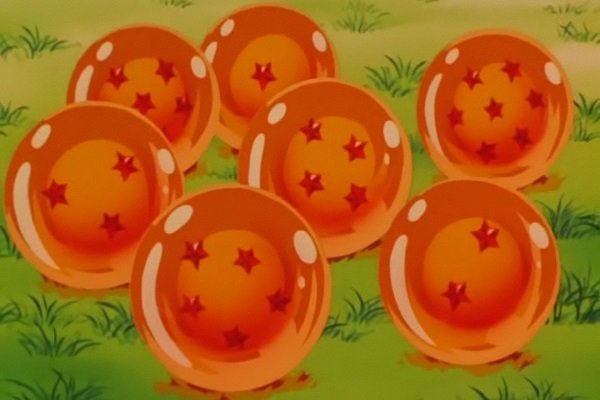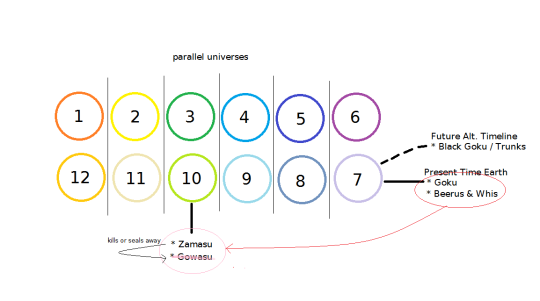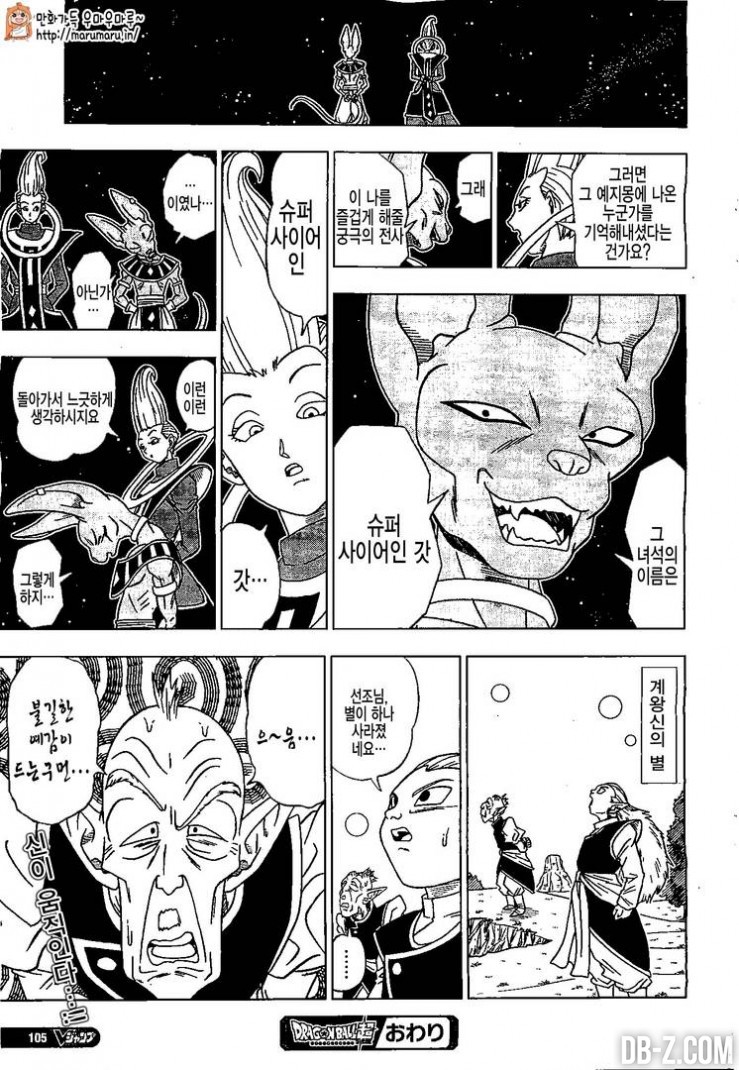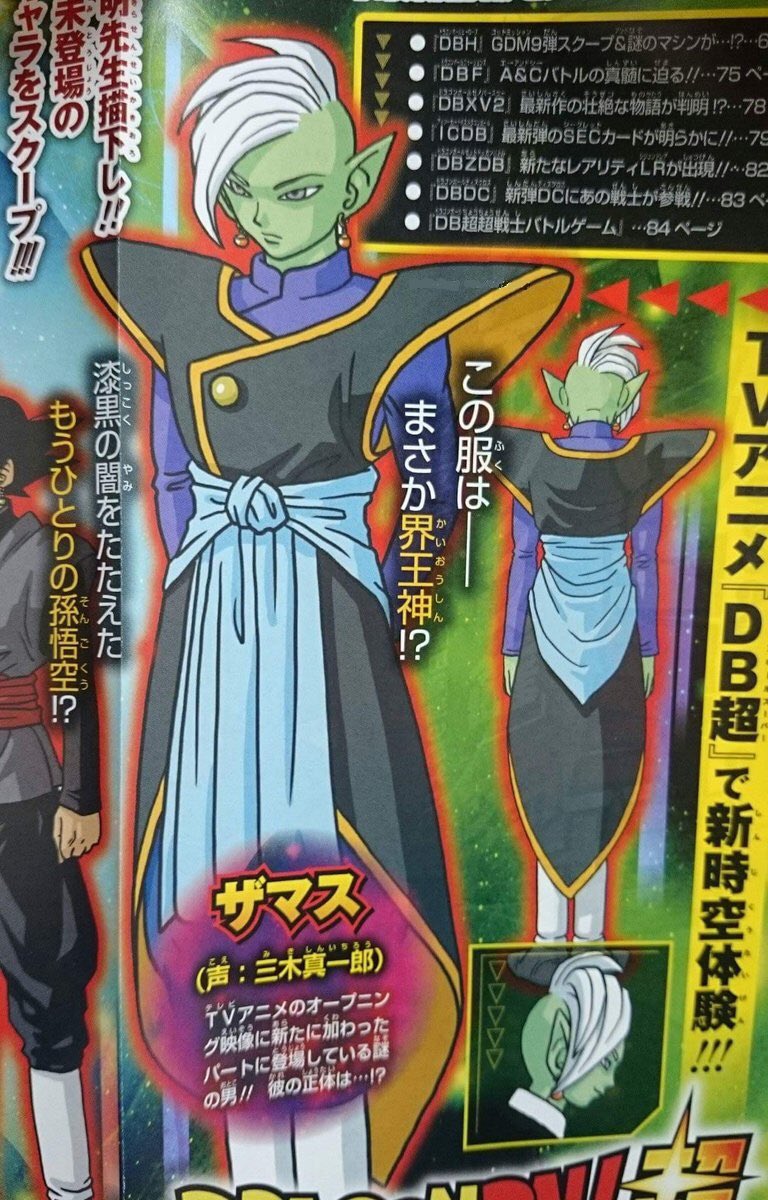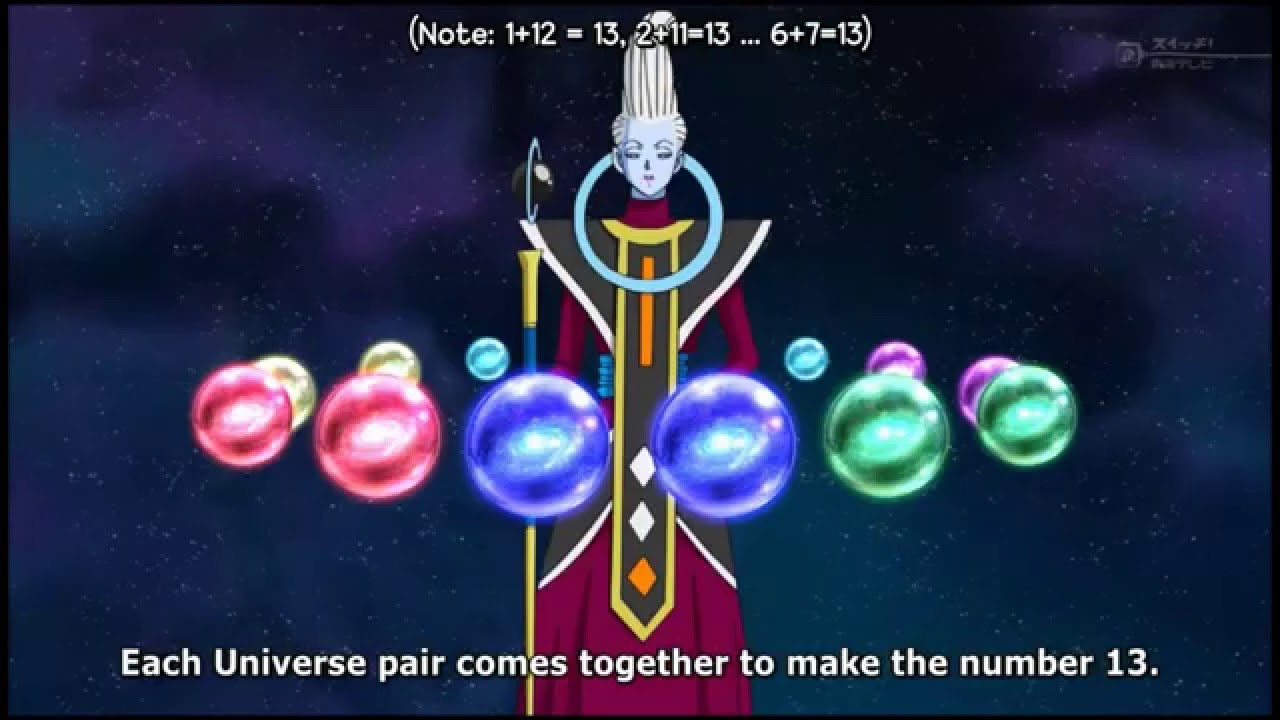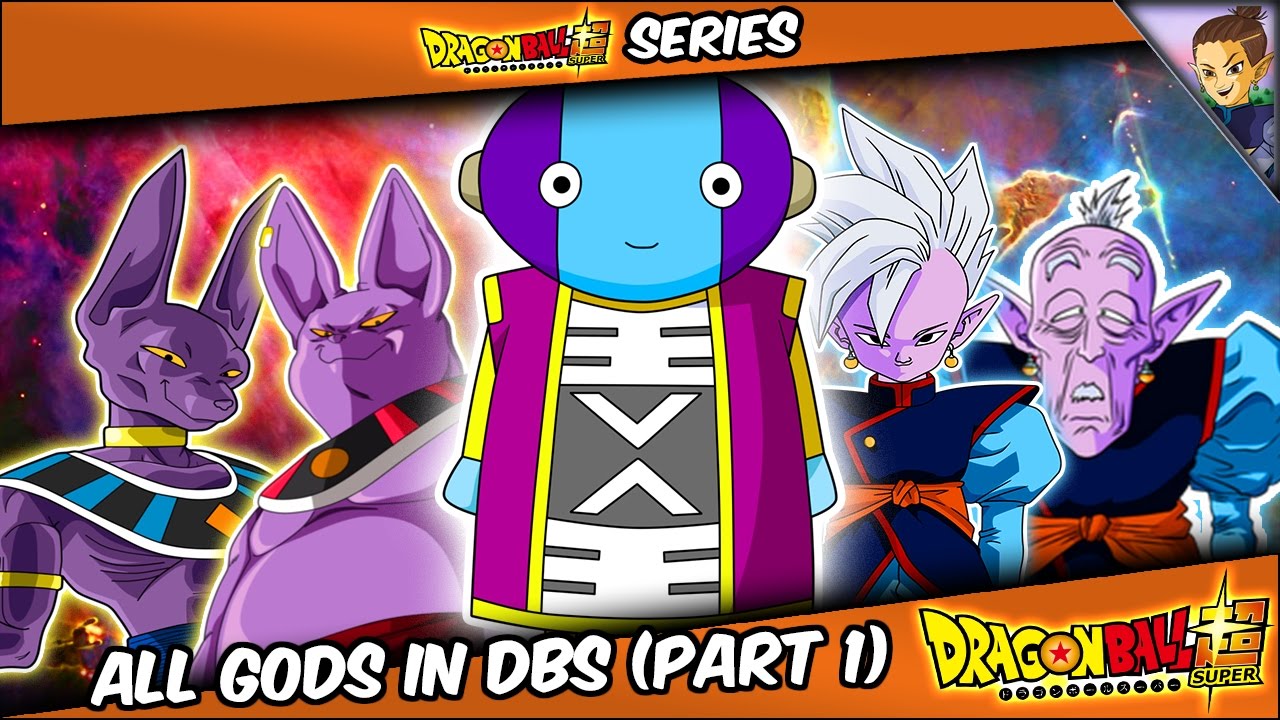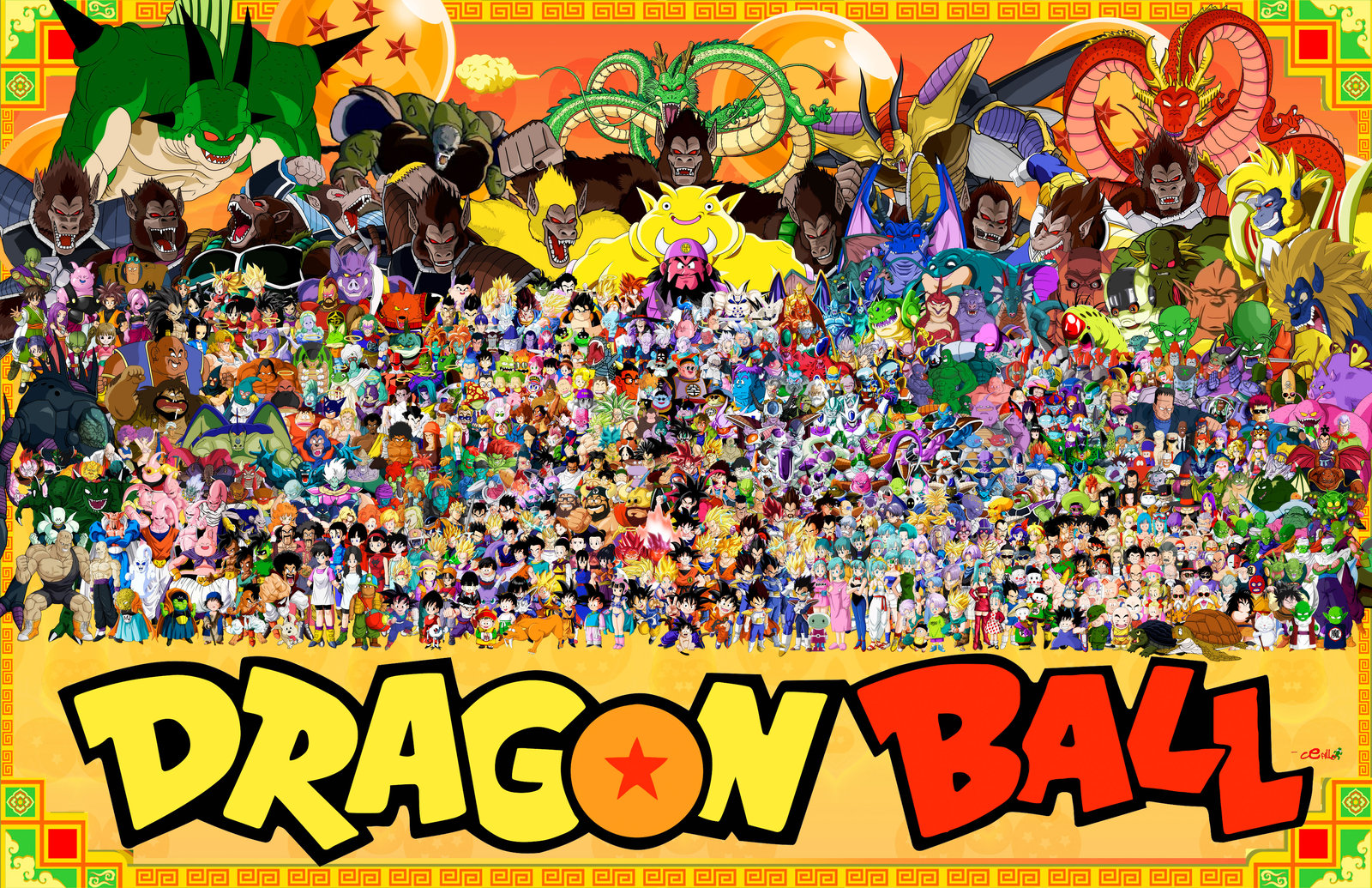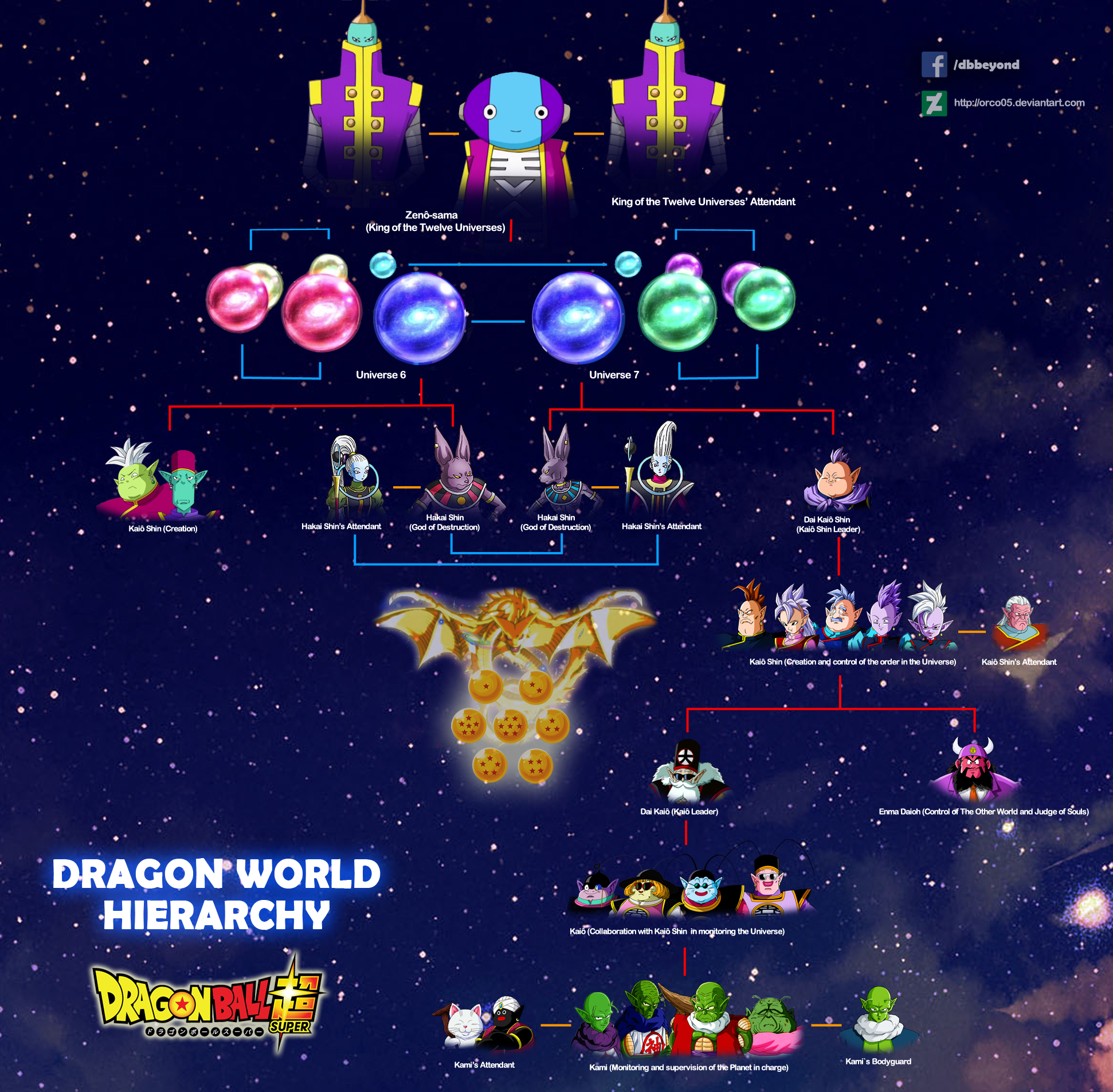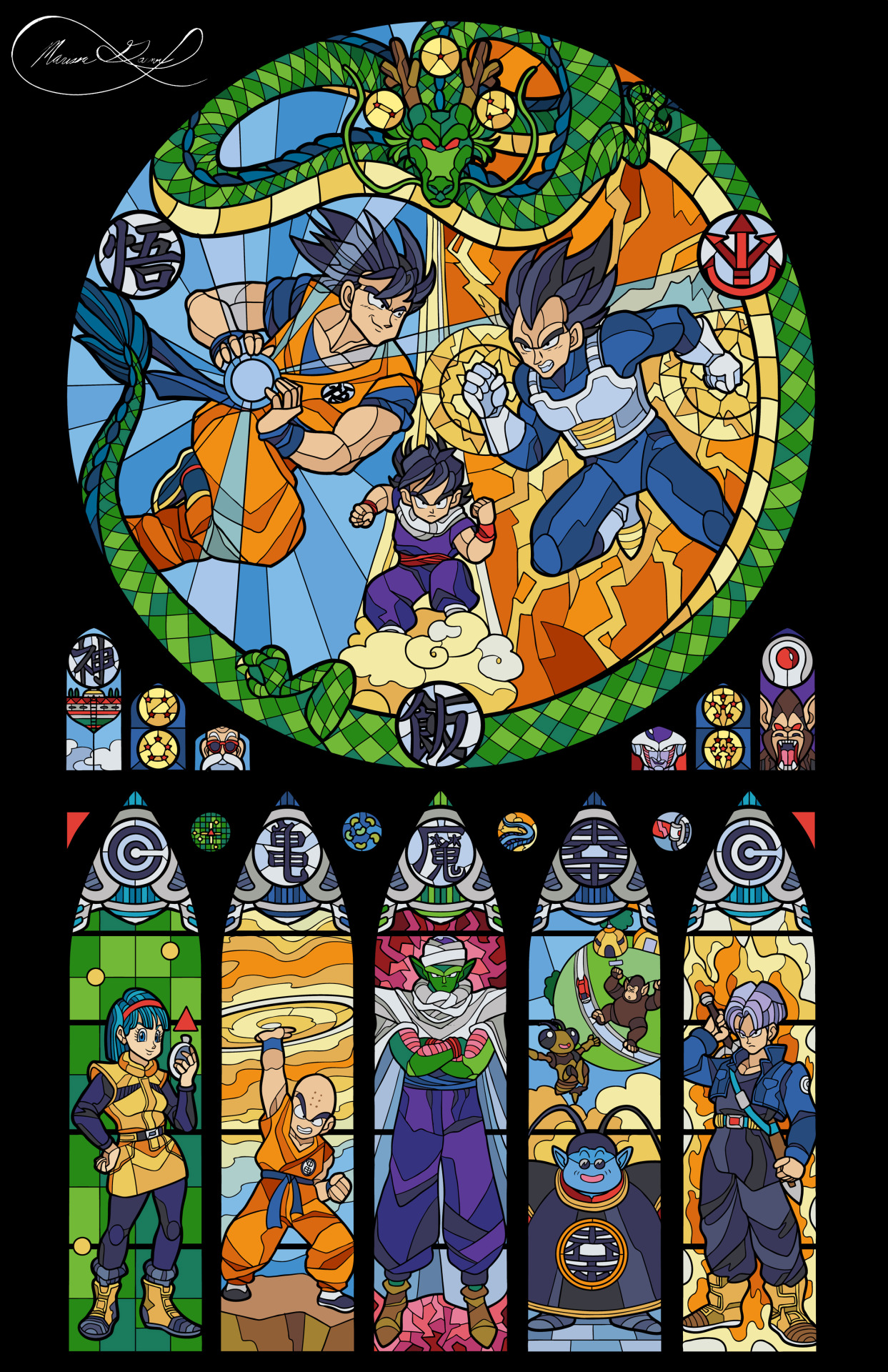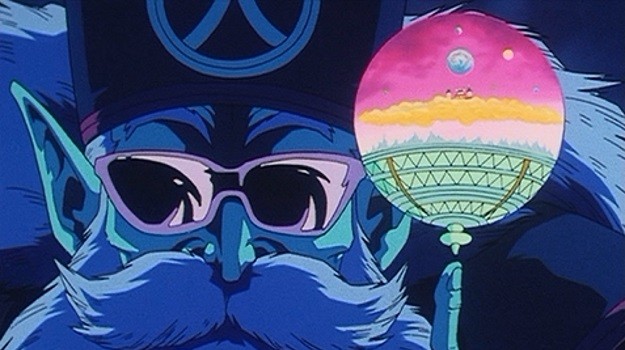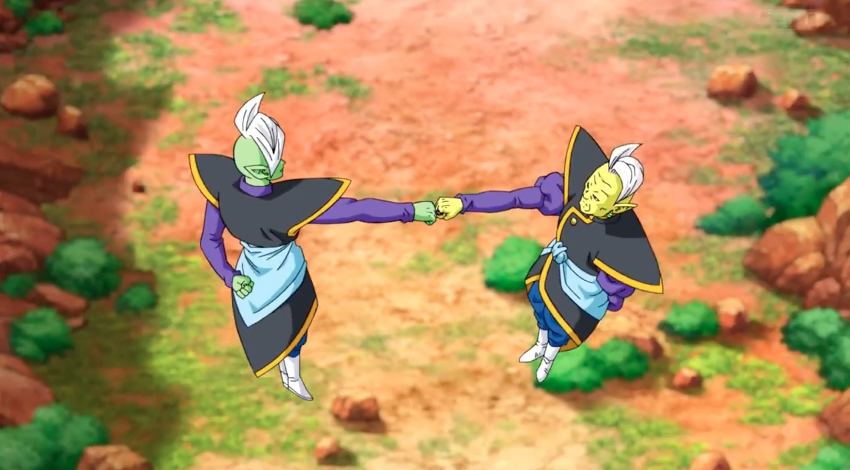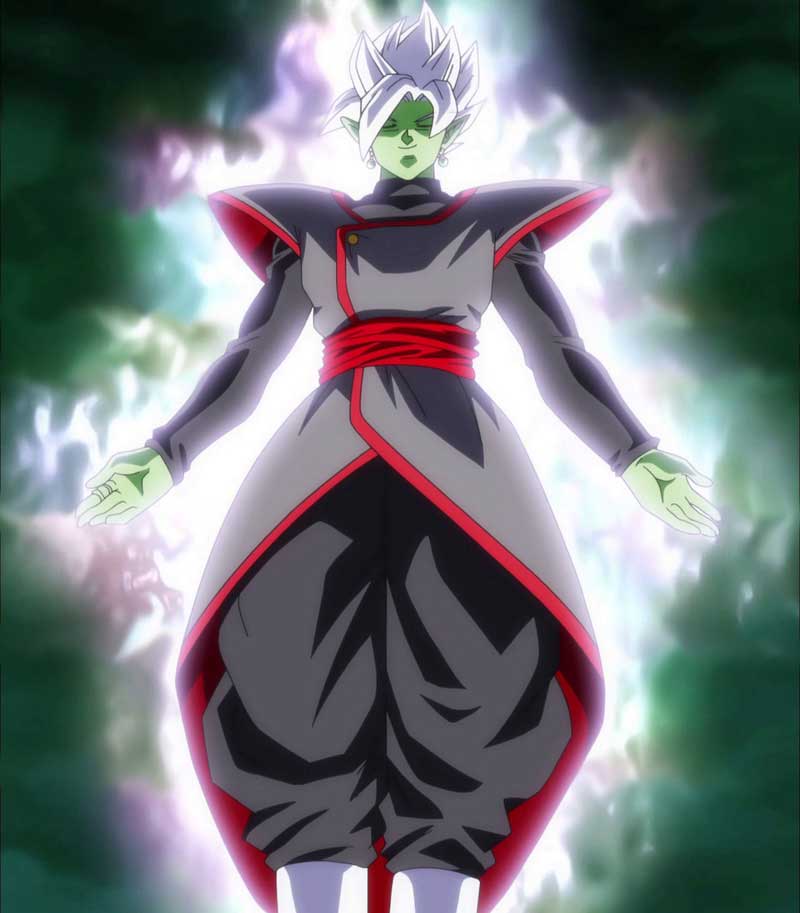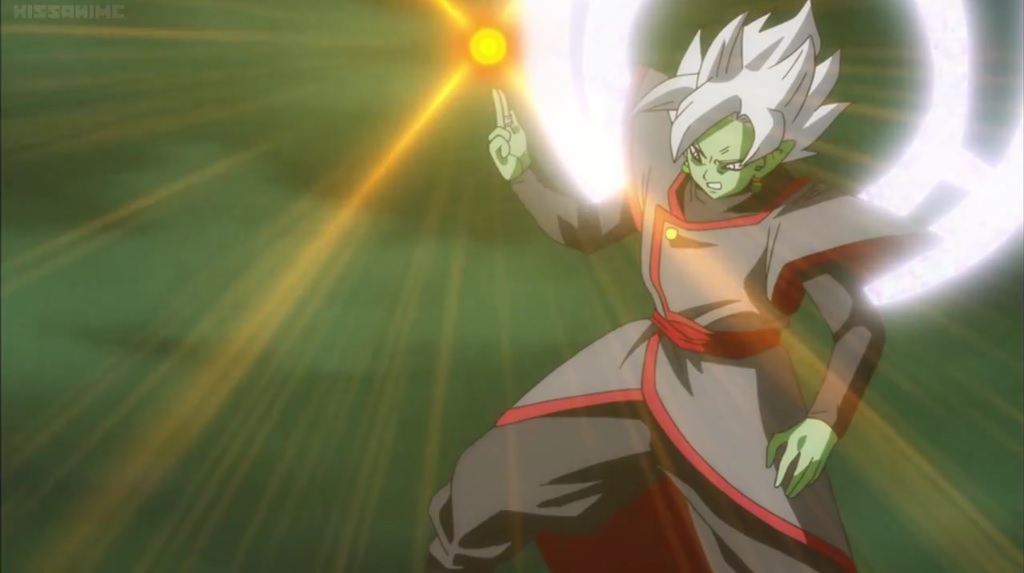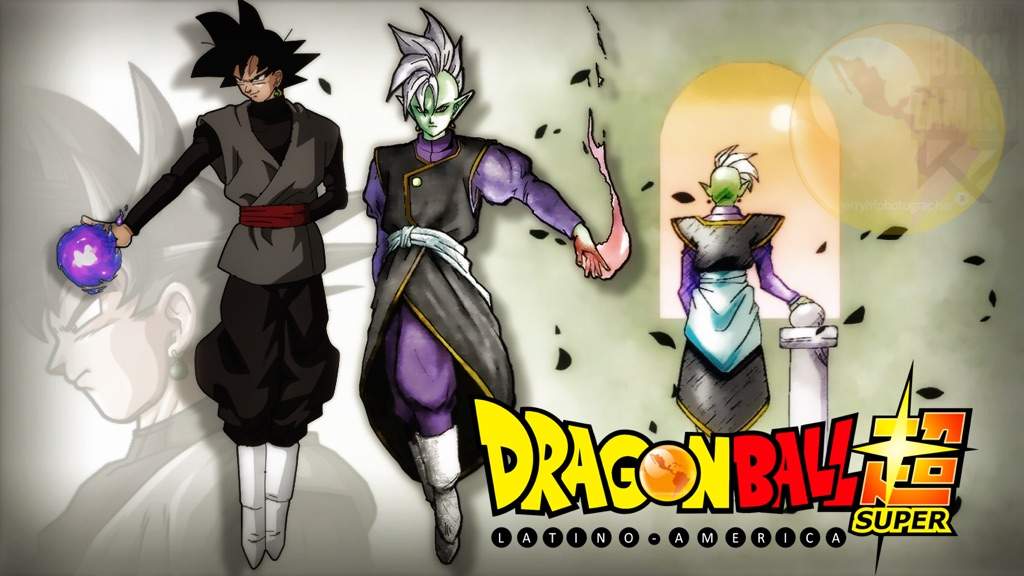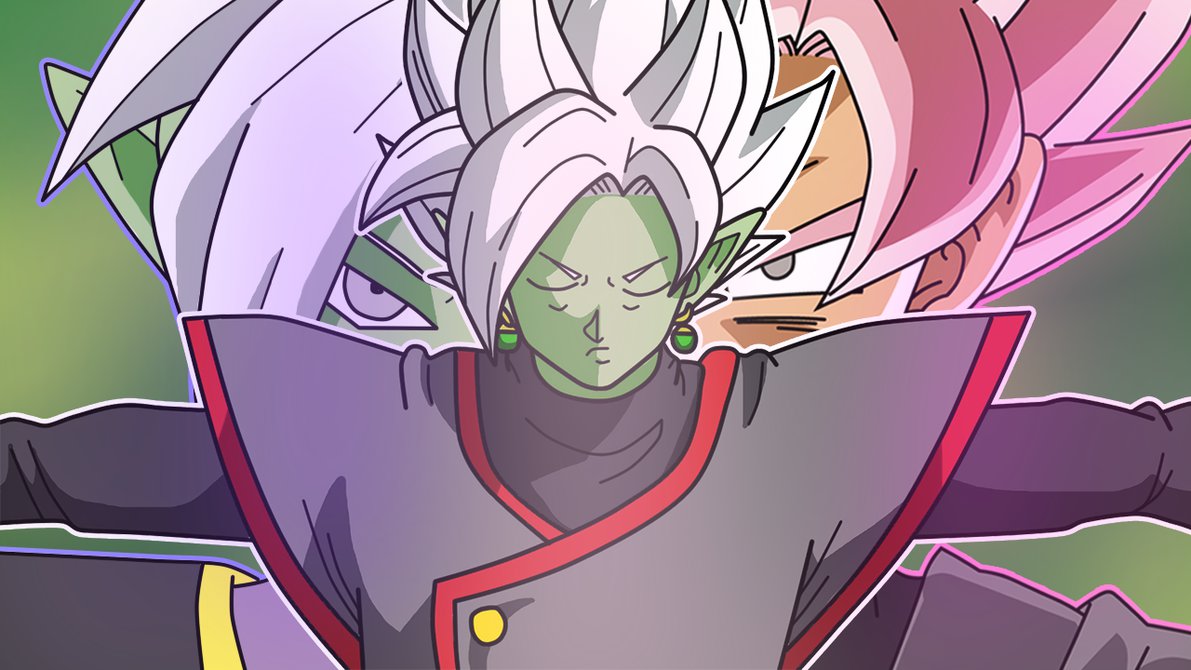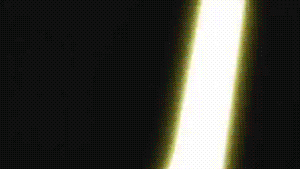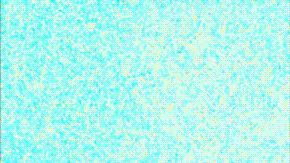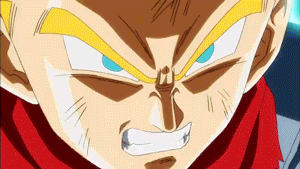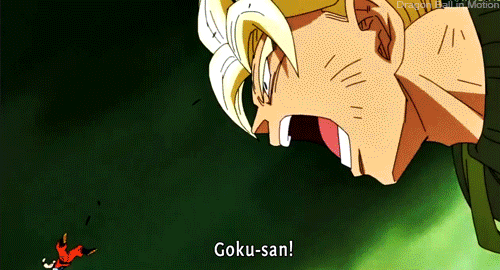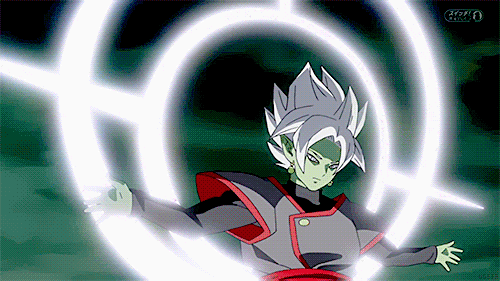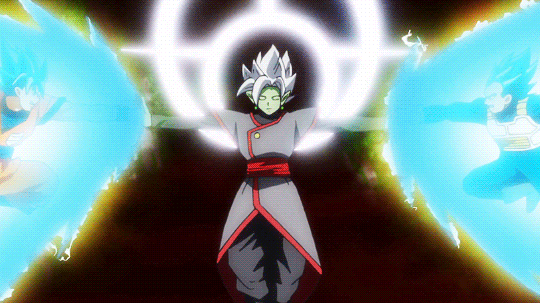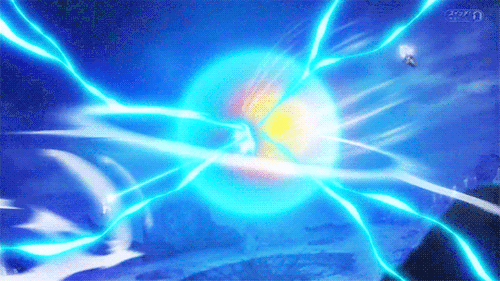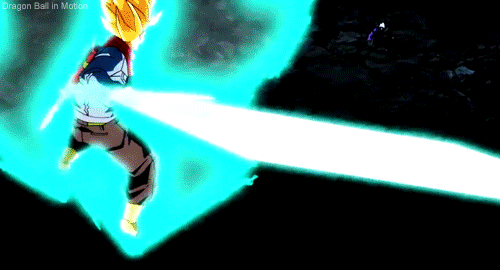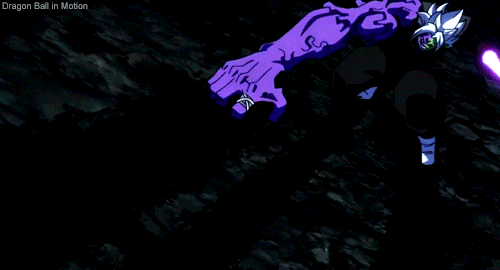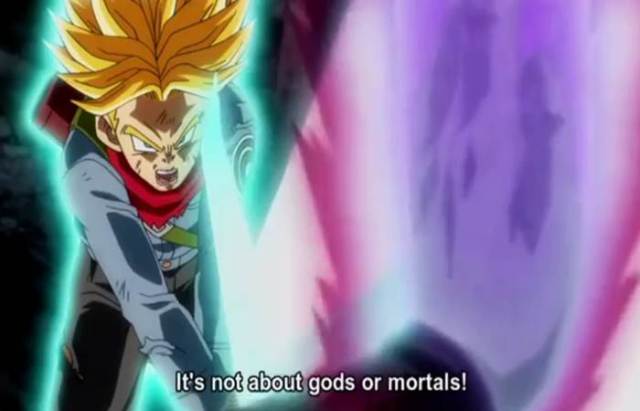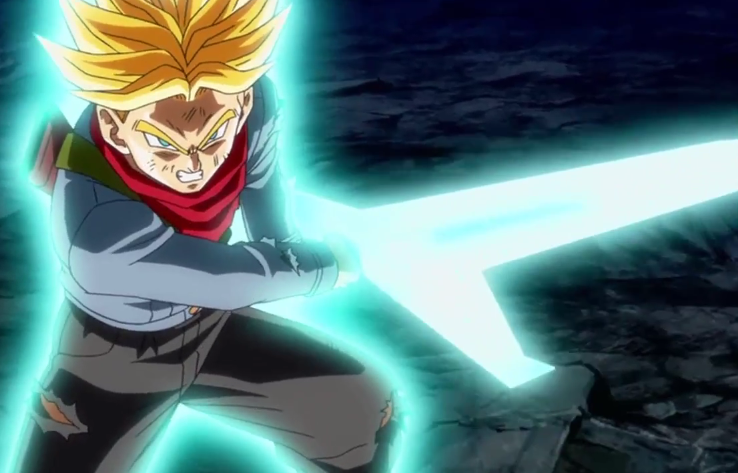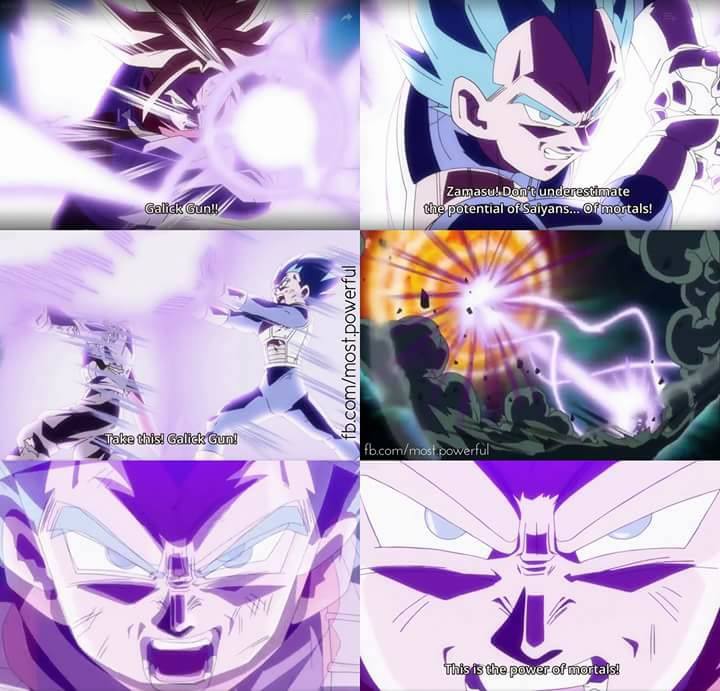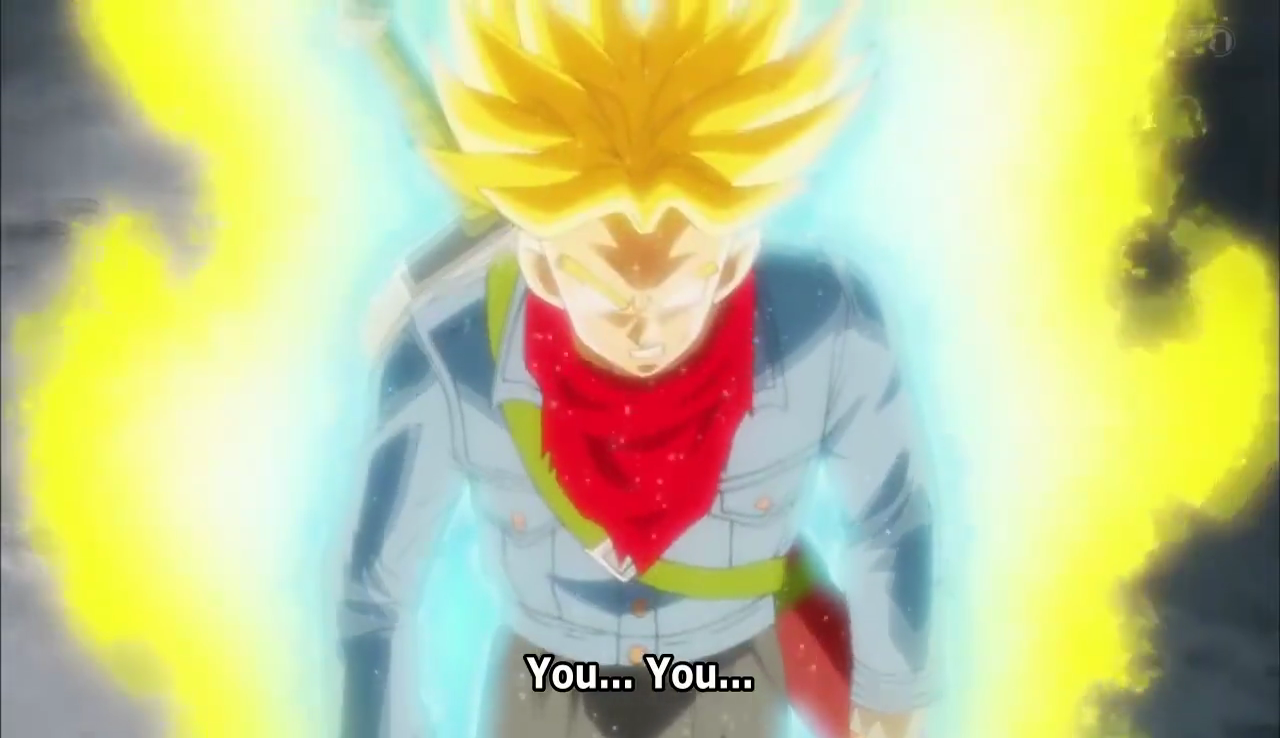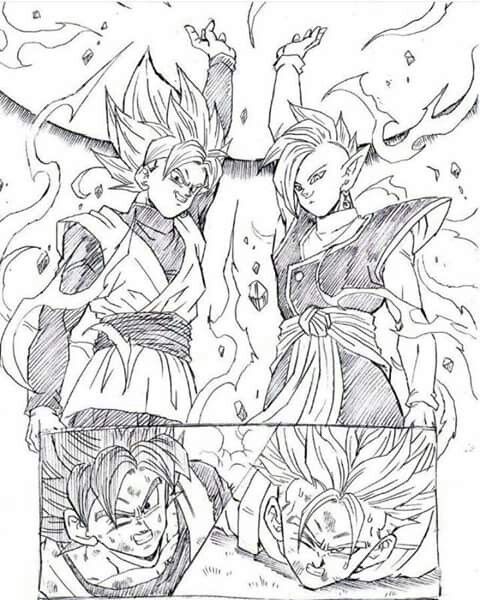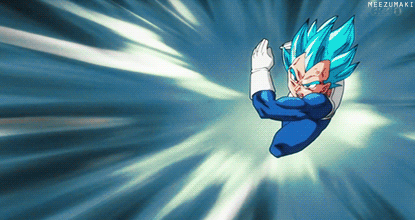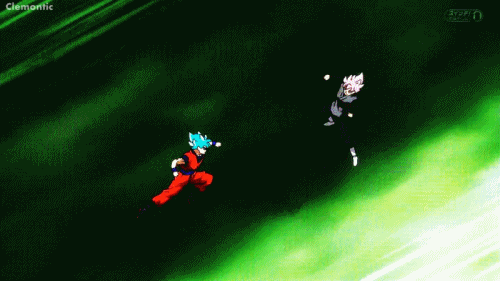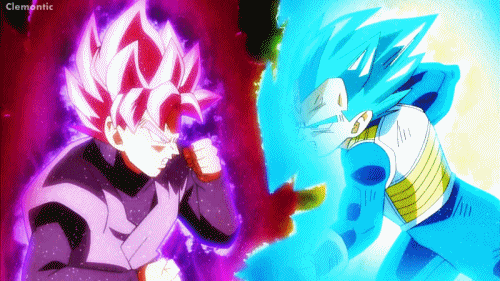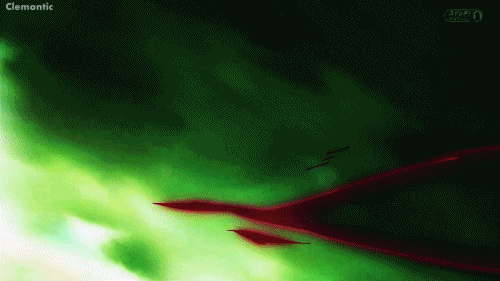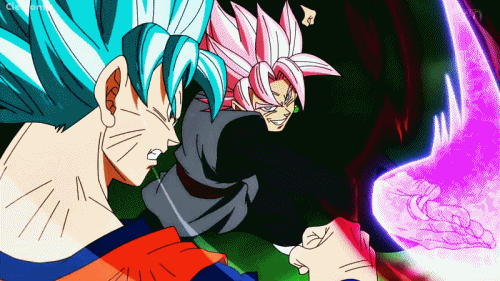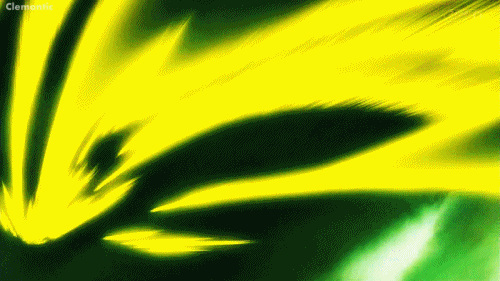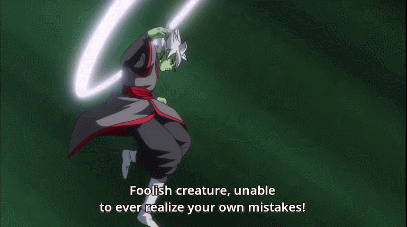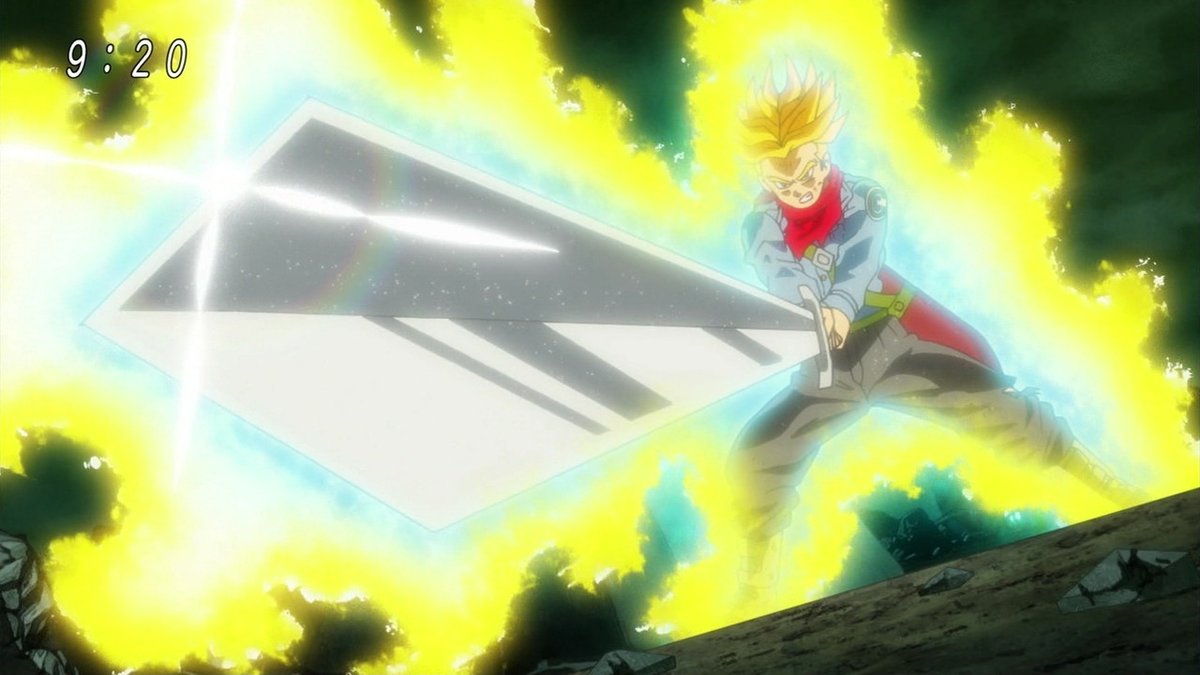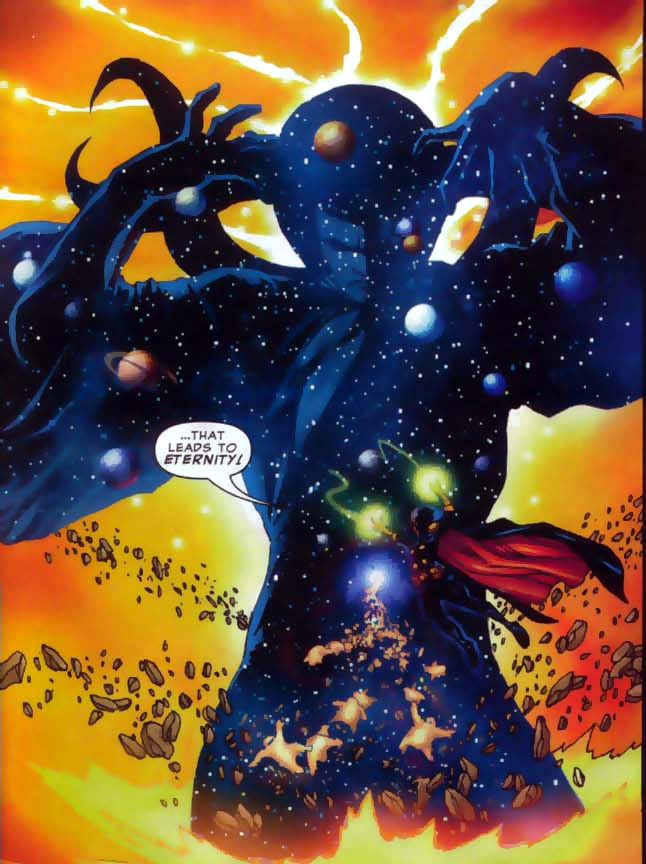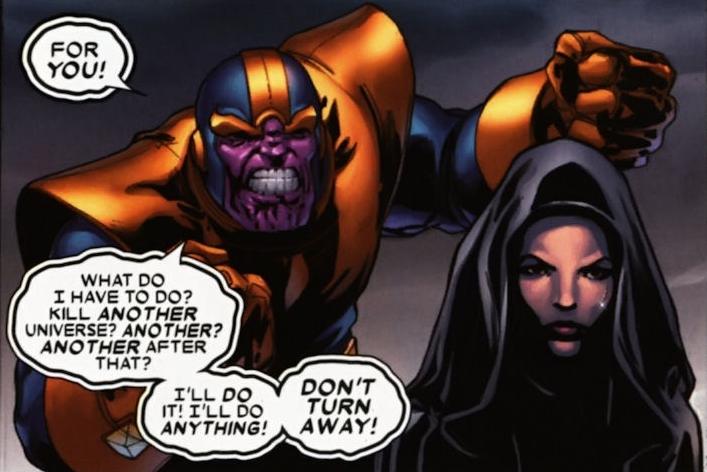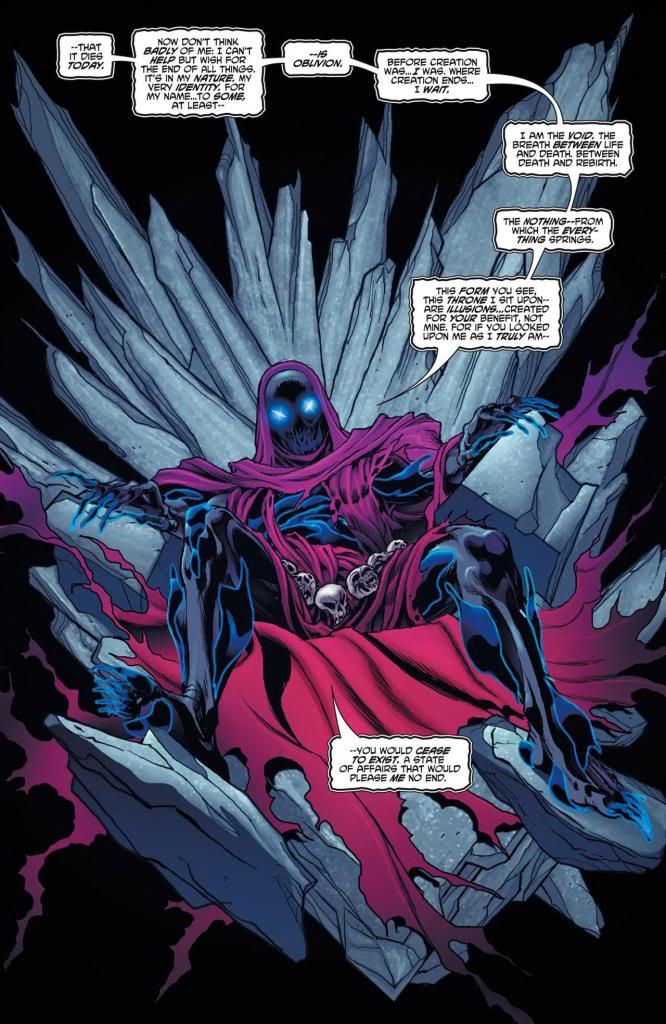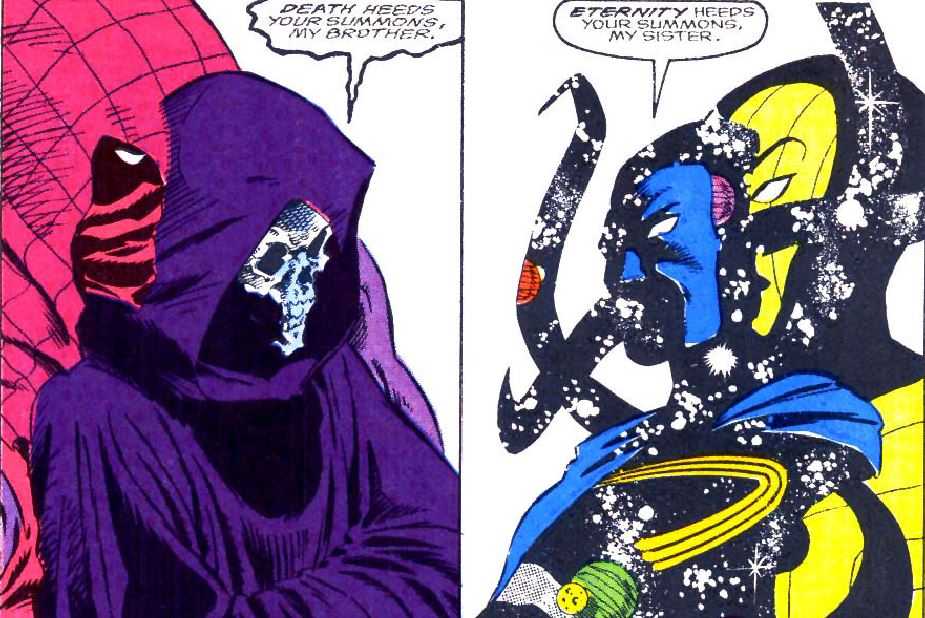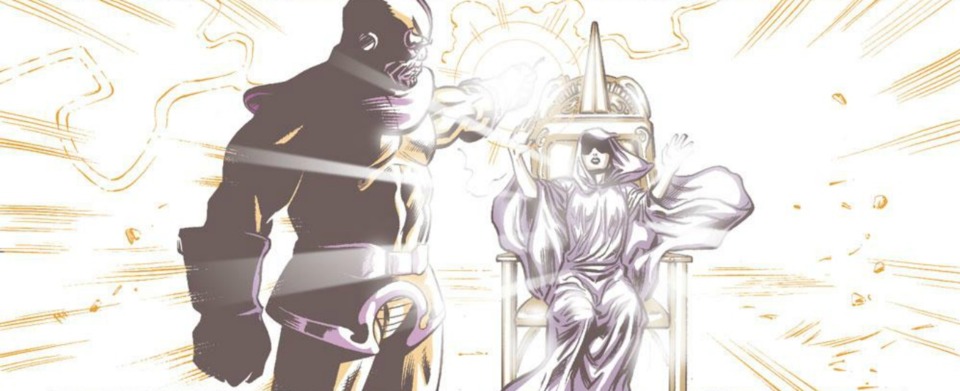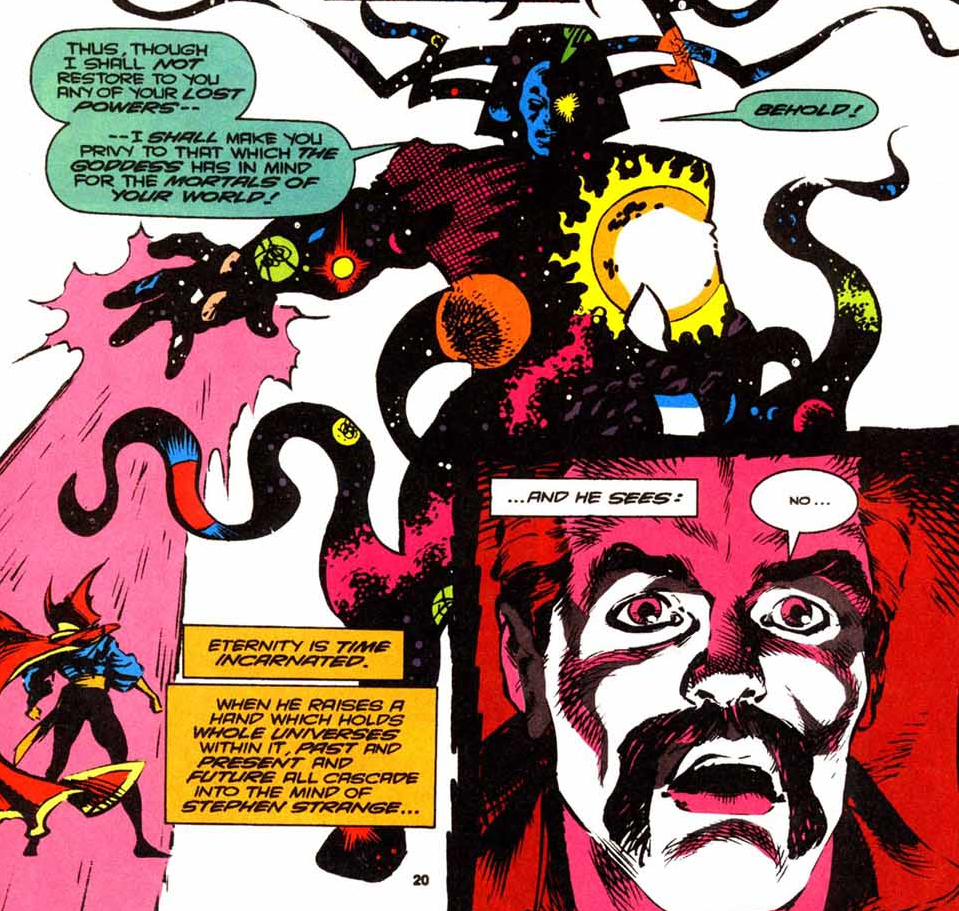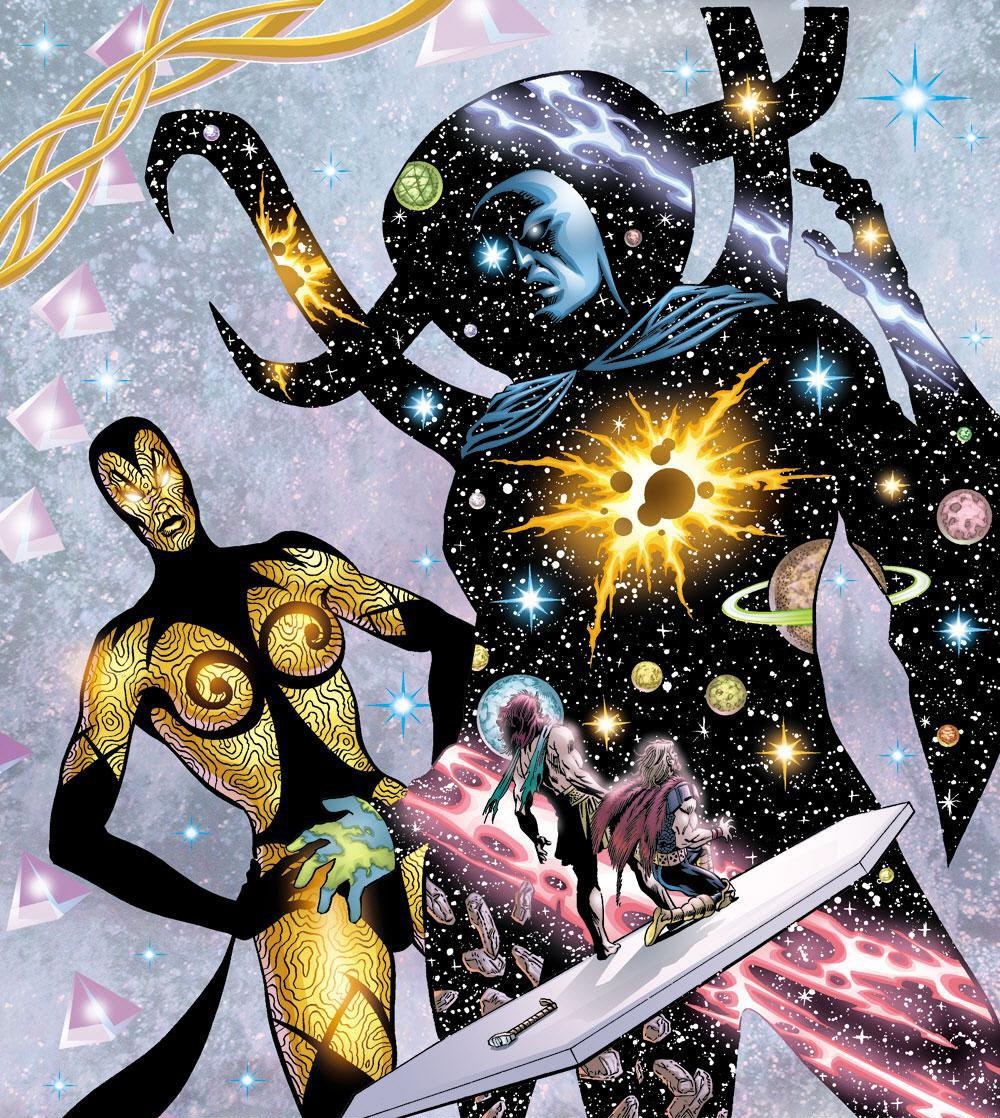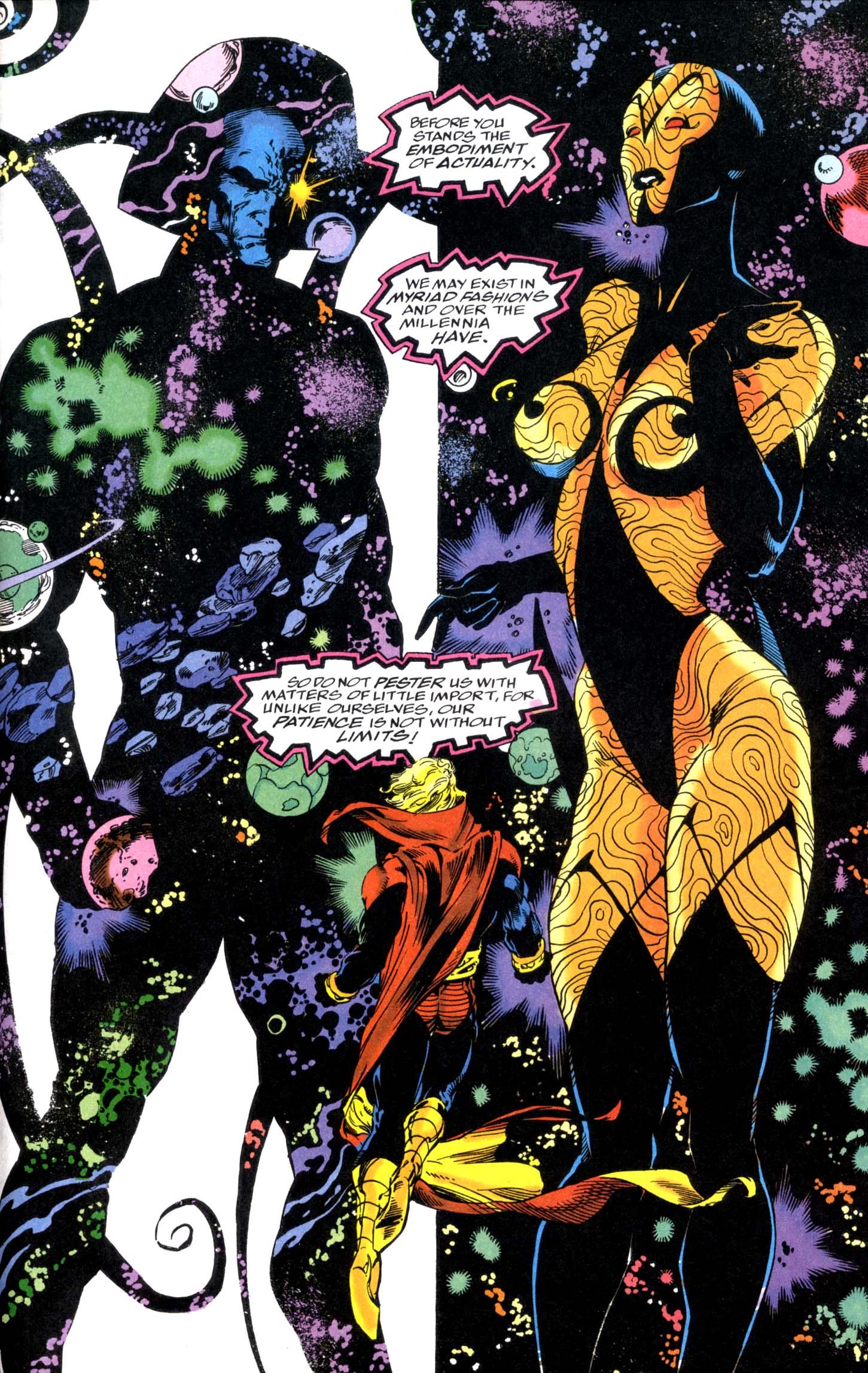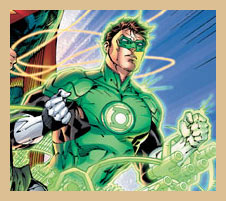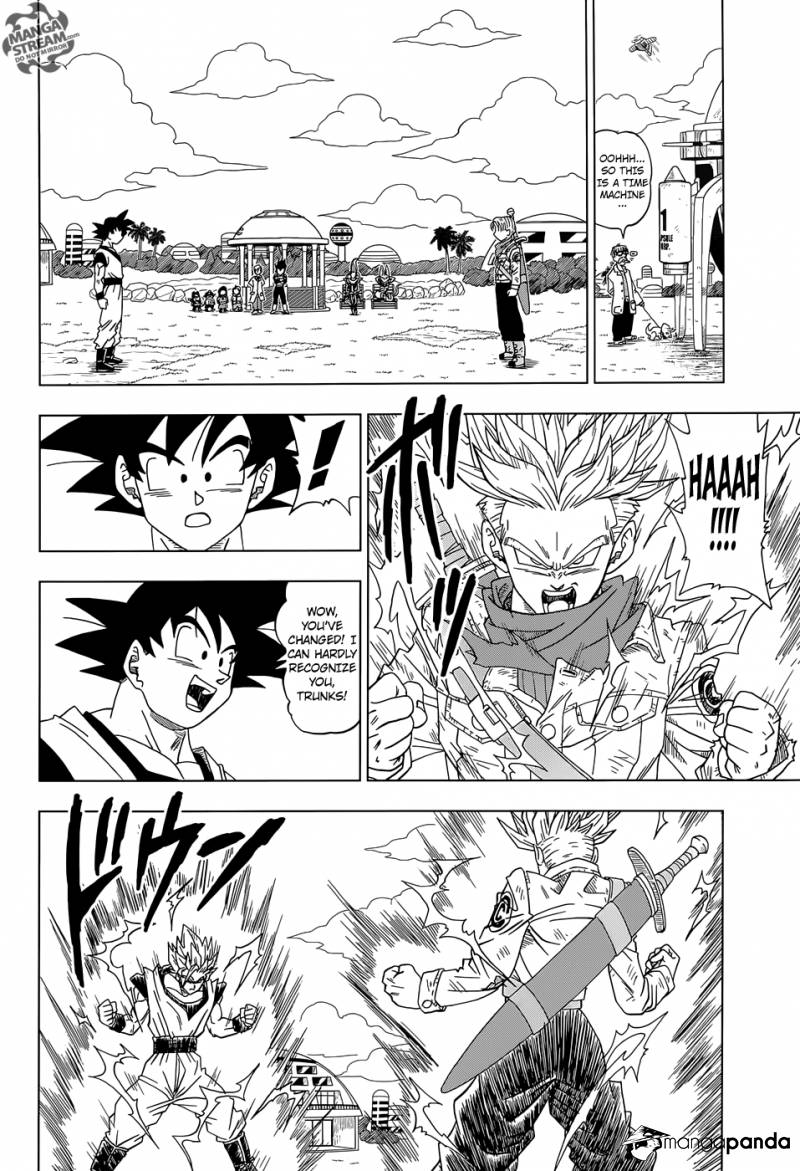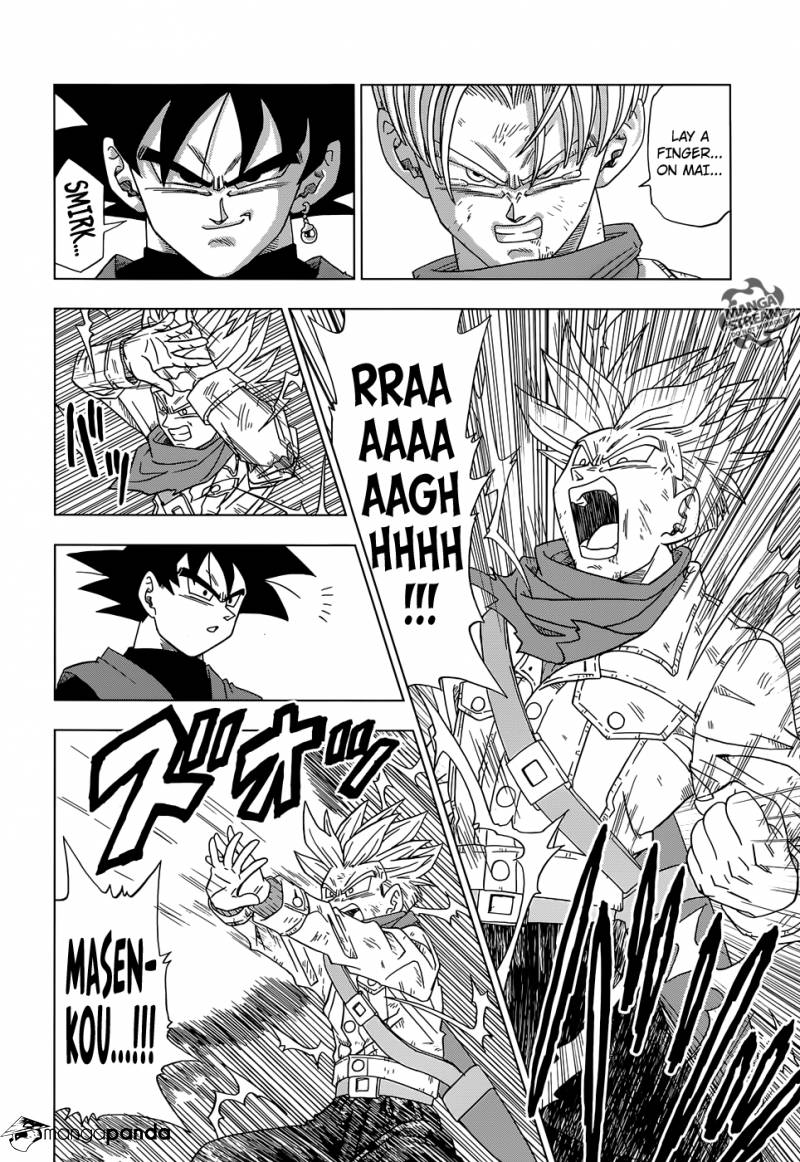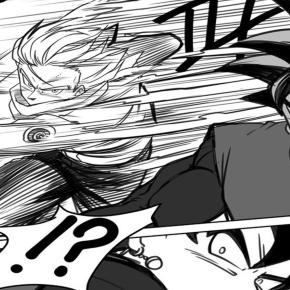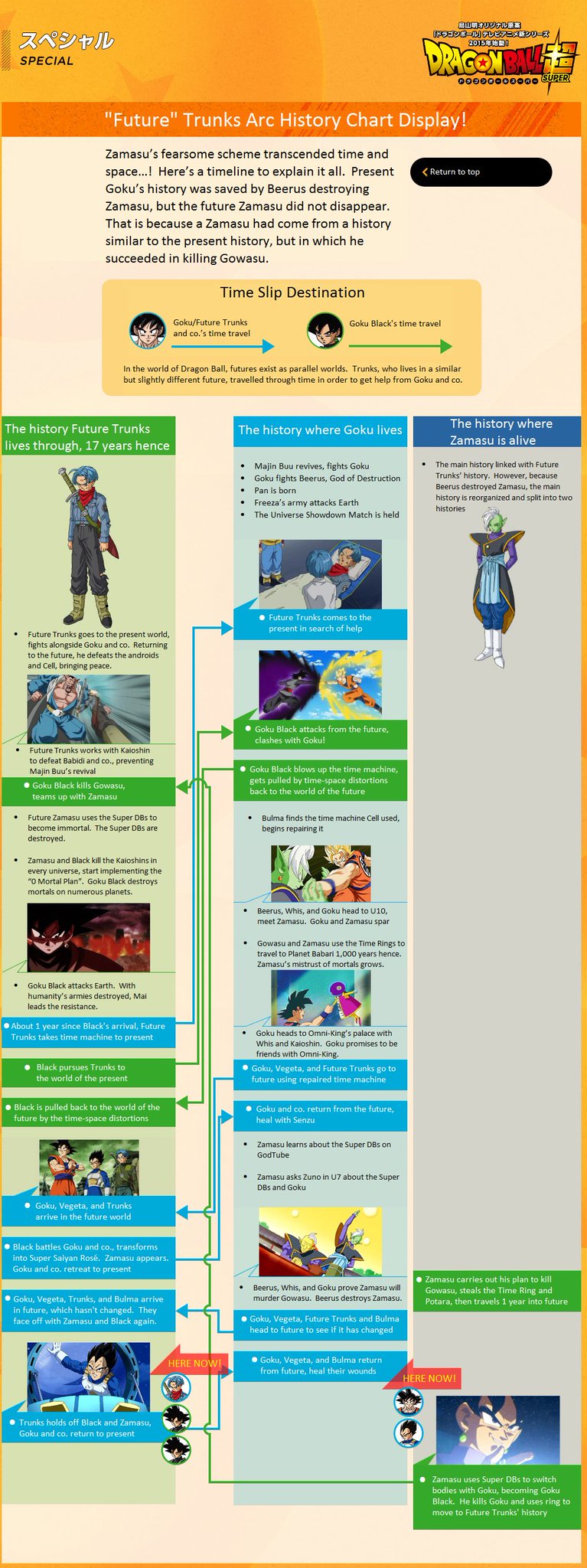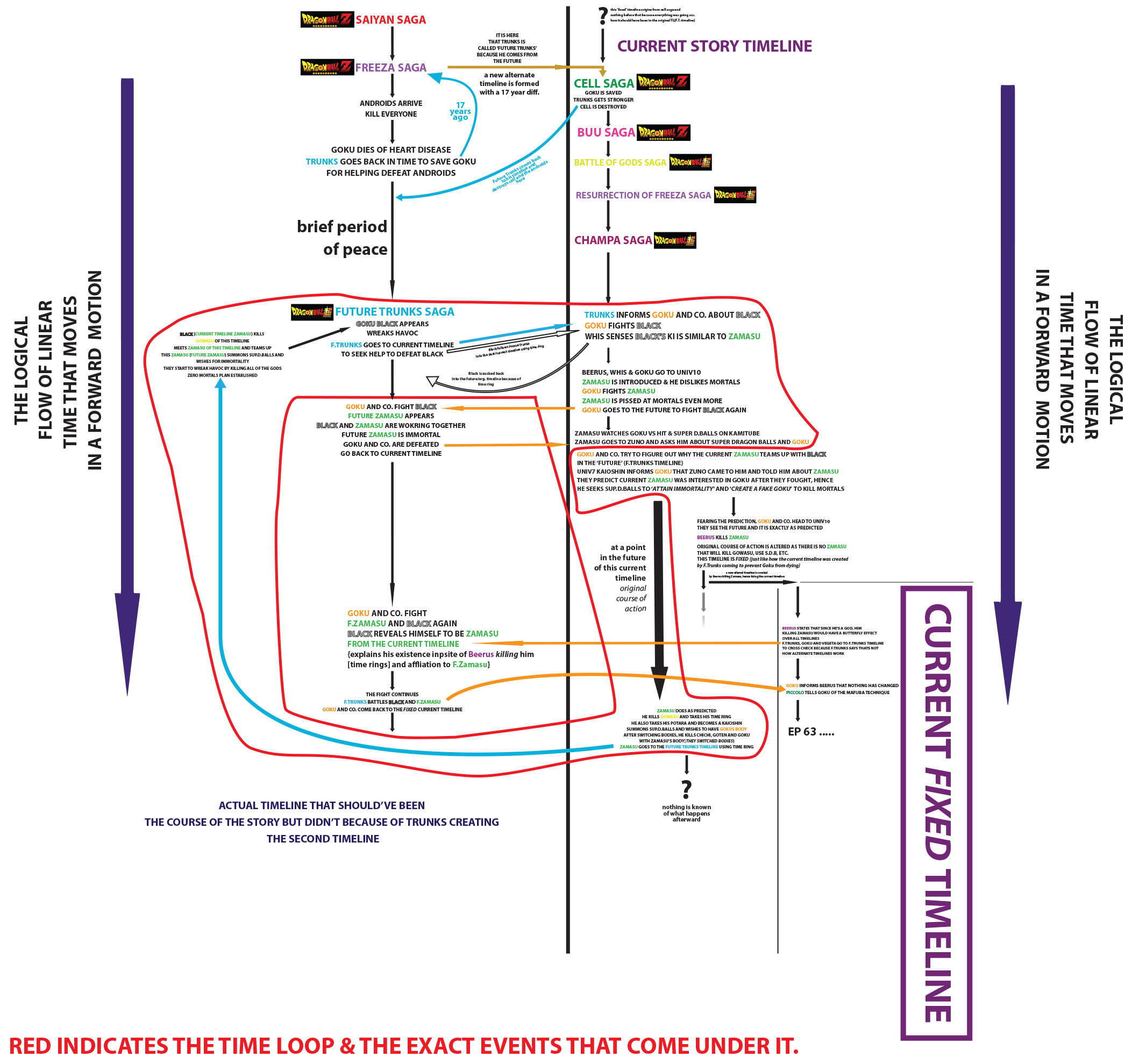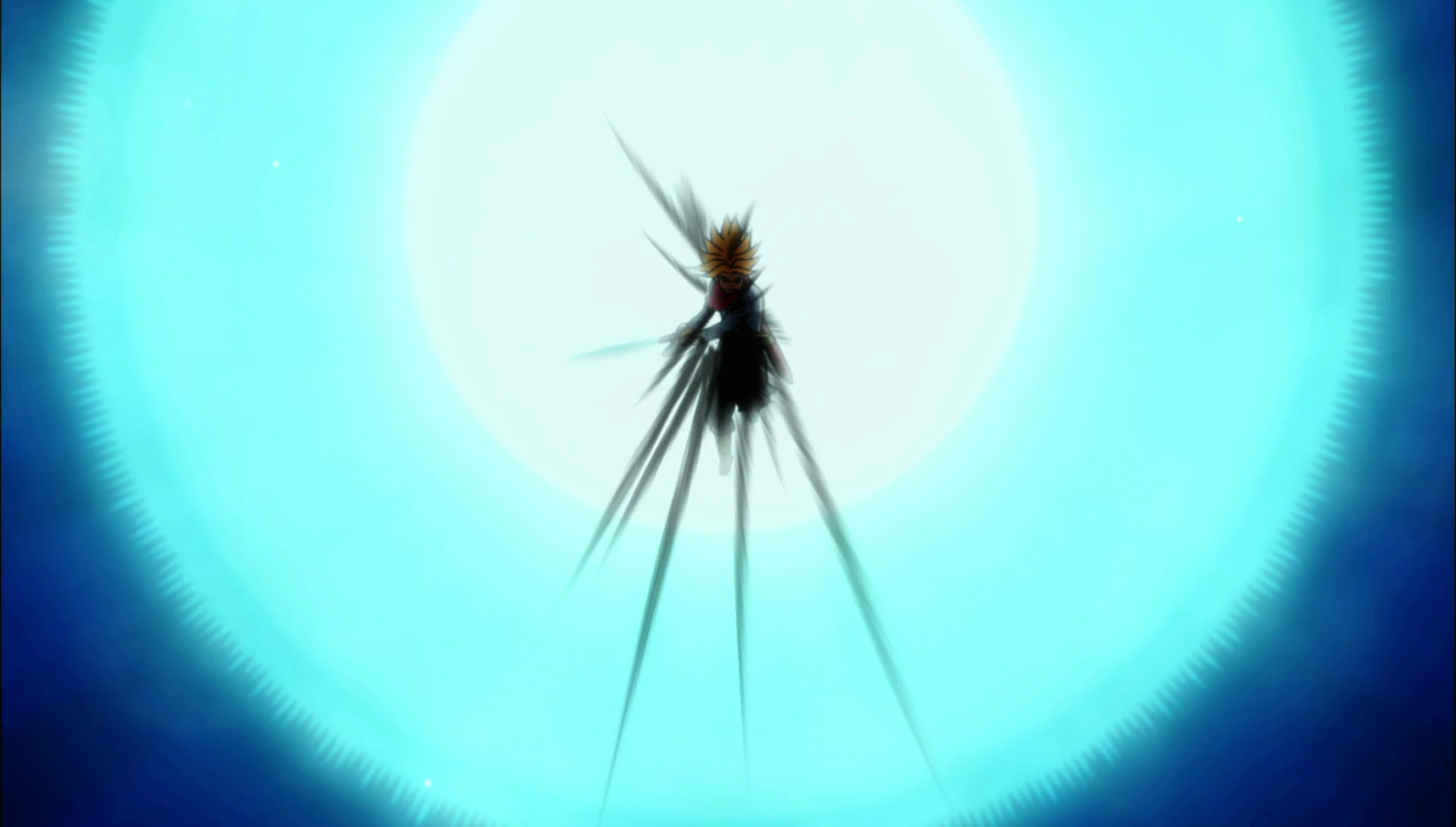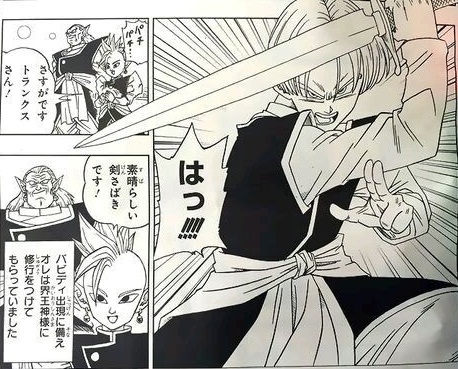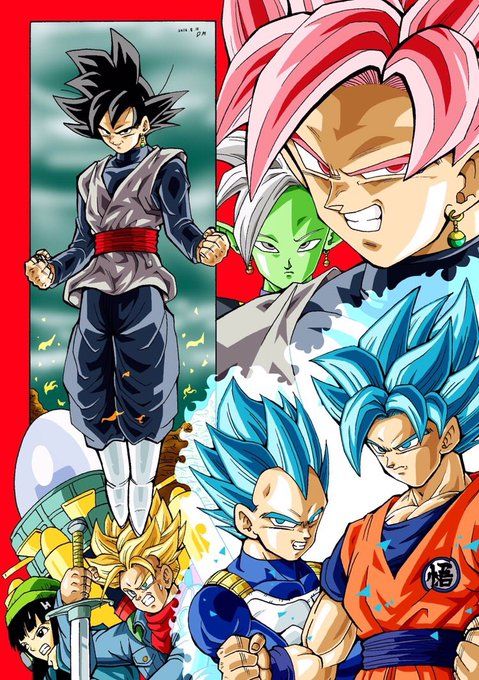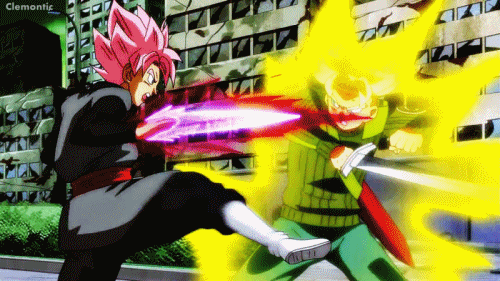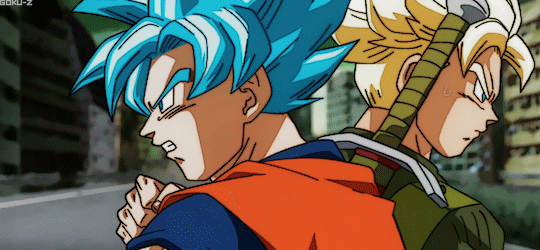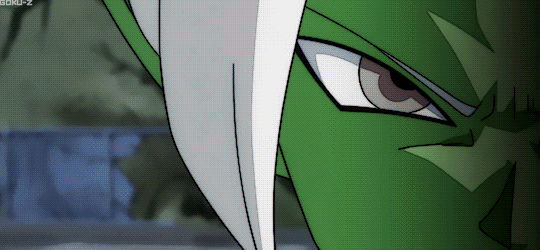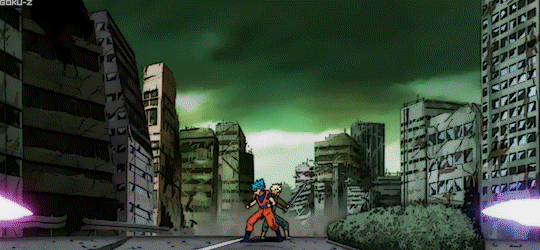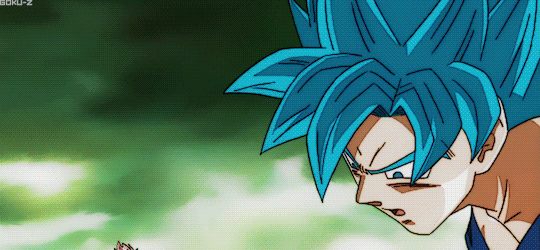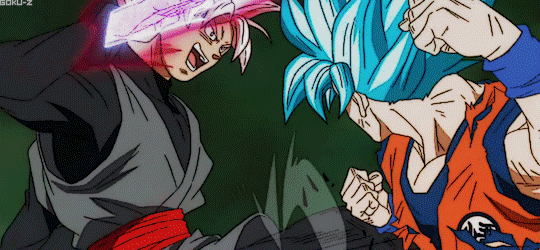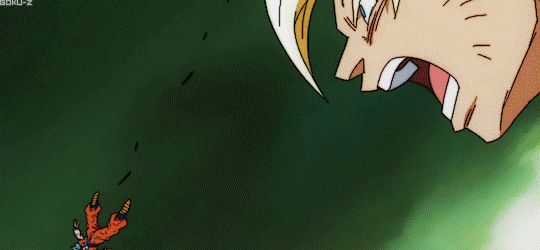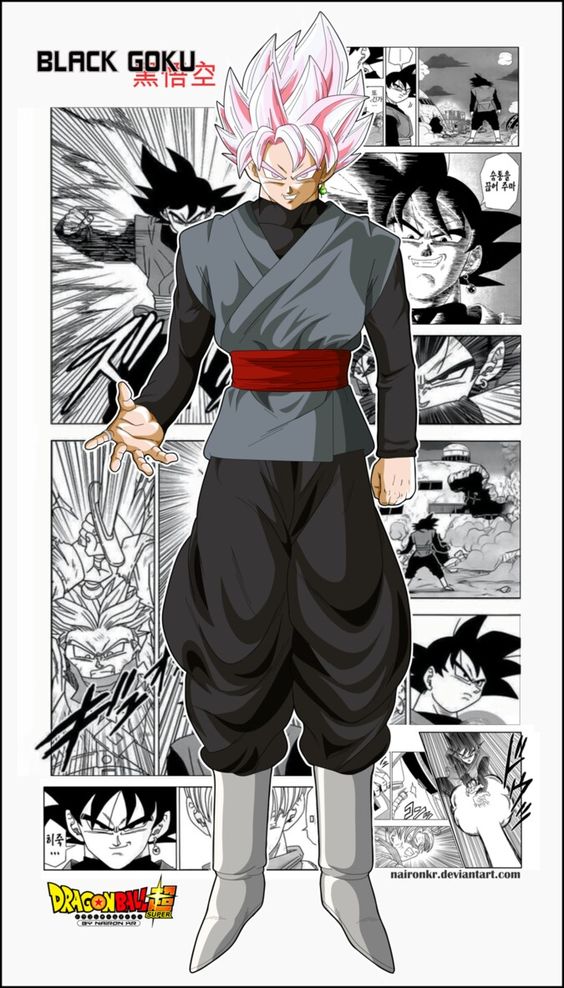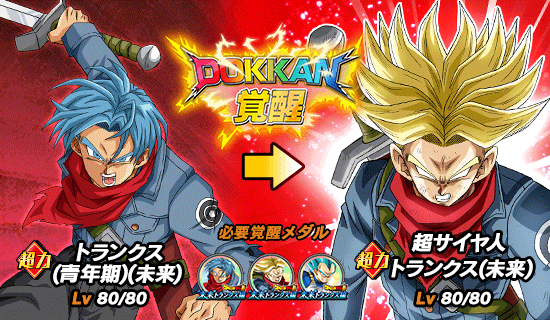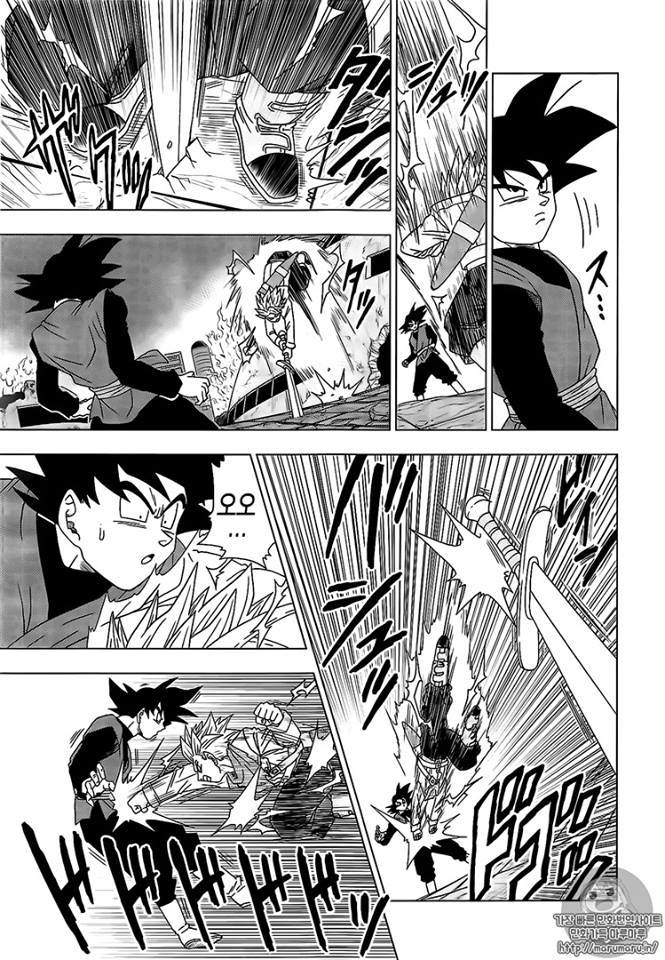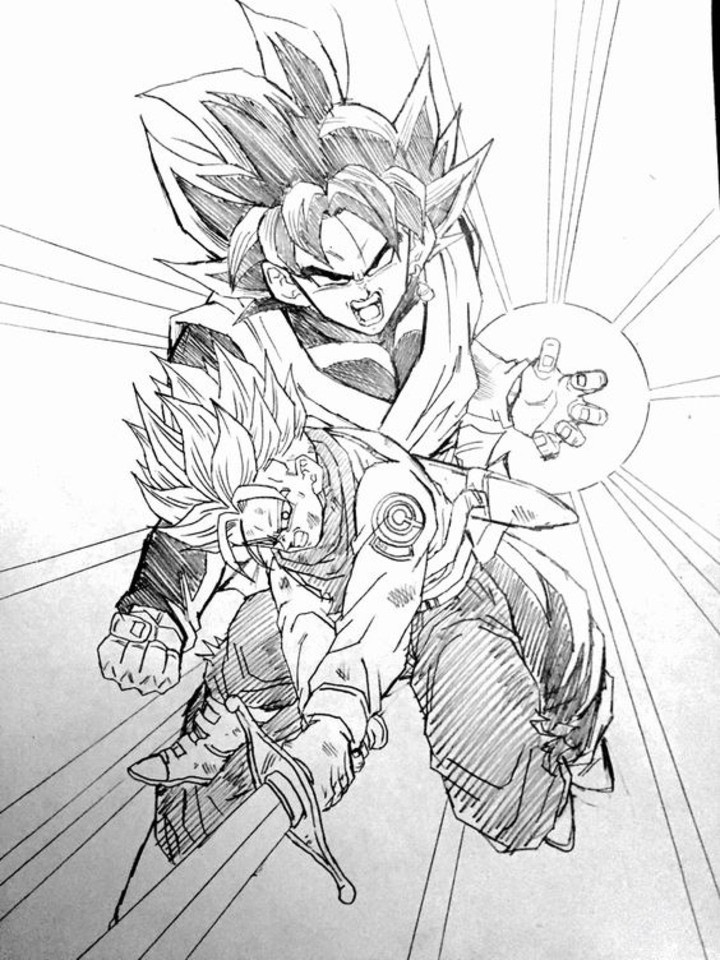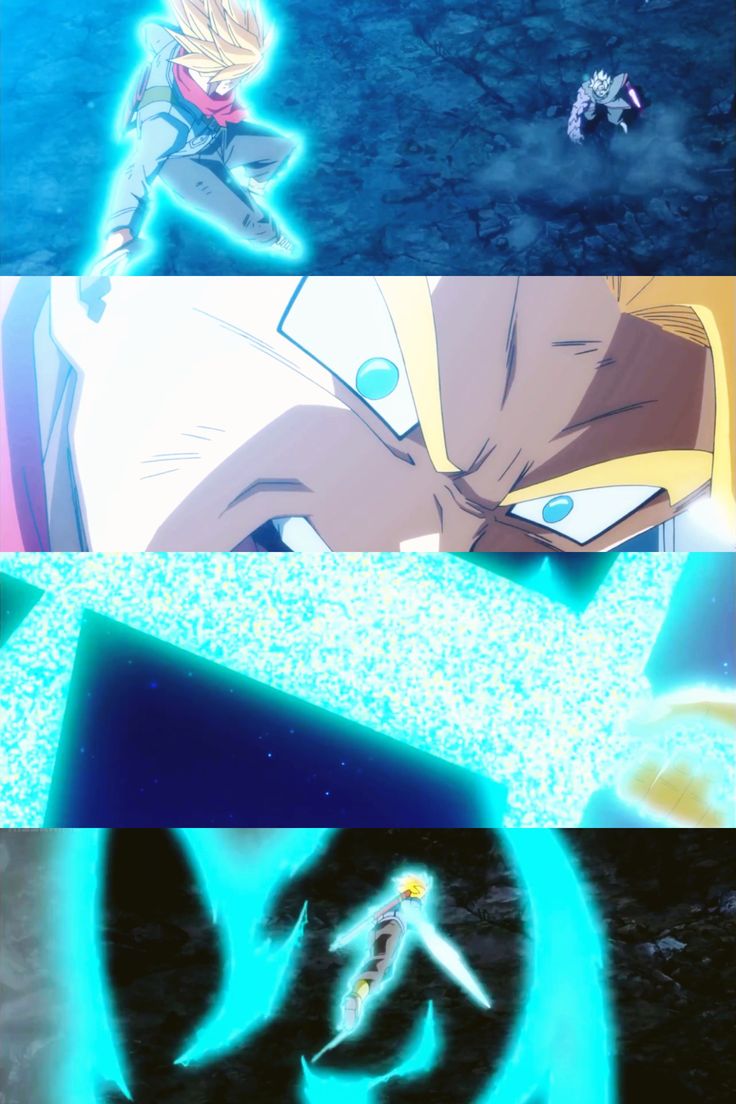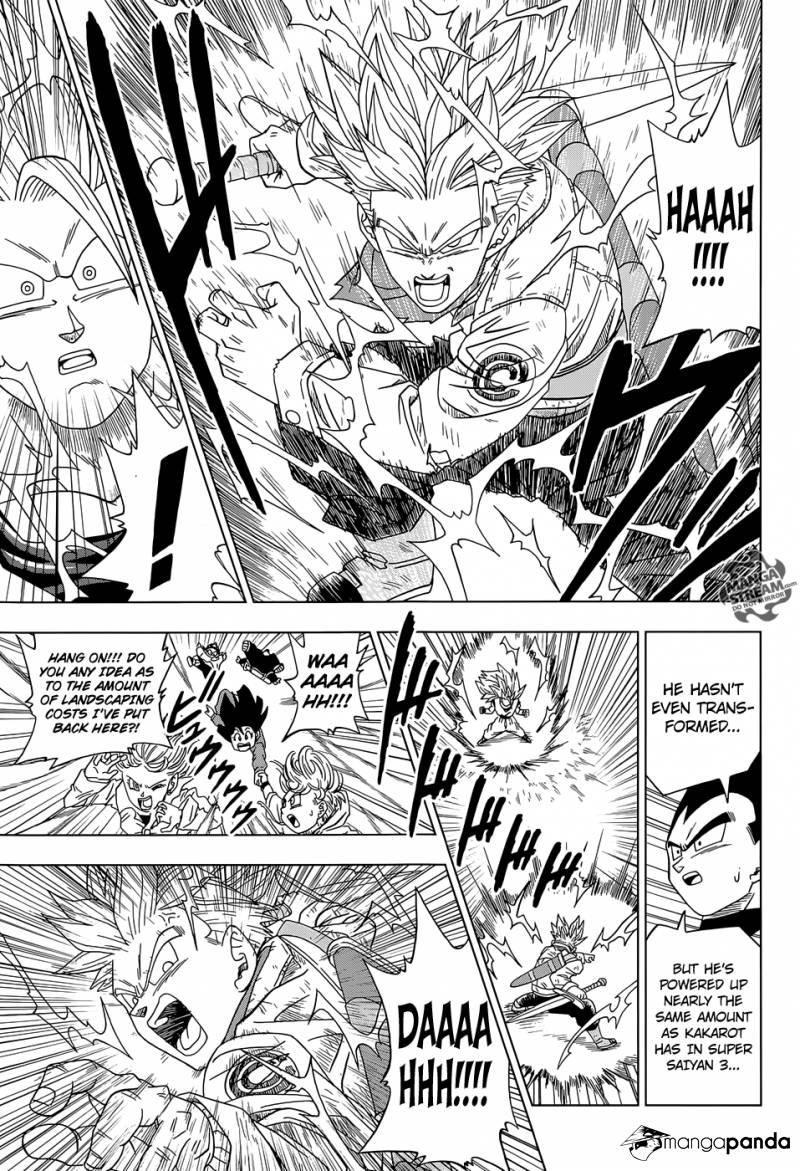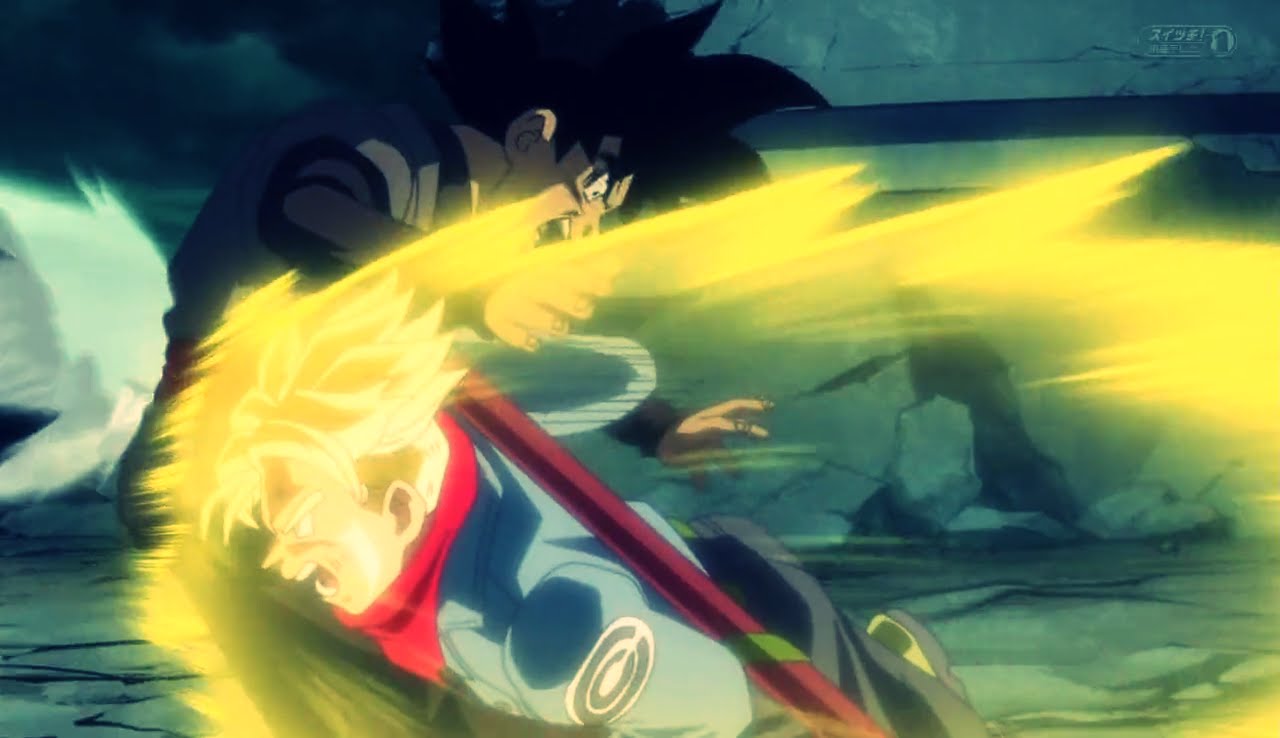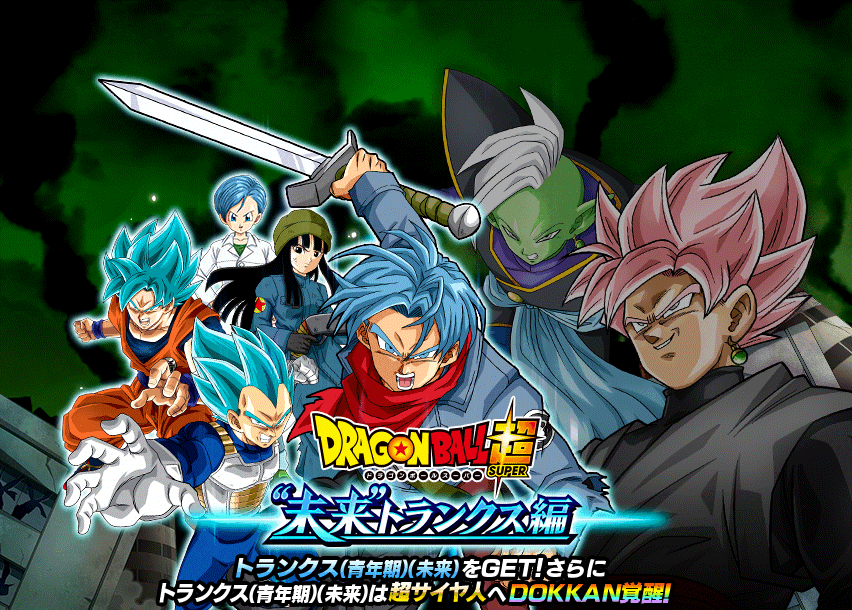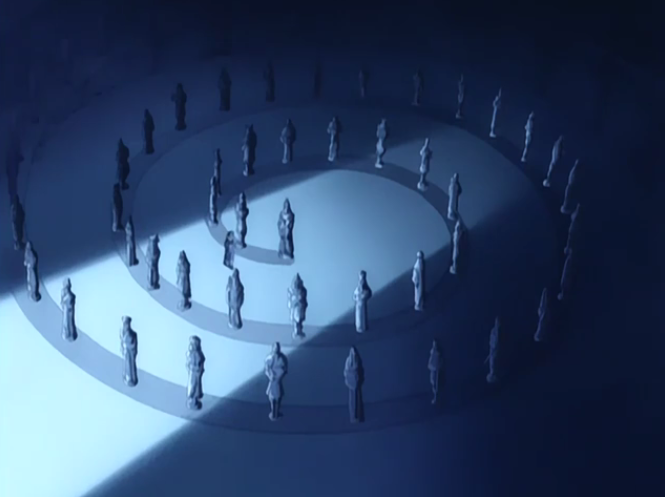Pentecostalism in particular requires a lot of social and emotional capital and that I simply didn't have when a was a teenager in high school. O
ur church denomination depended quite a bit on very emotional "revival" and "laying on hands" experiences that I simply didn't understand or relate to. I never had such a holy, emotional outburst so I began to question if I was really a Christian. The answer was apparently "no", as I seemed to run up against the culture in a negative way over time. Then I sort of "spiritually drifted" for a long time, becoming progressively more interested in the occult as I felt like it captured so much of that esoteric aspect of the world that was lacking in the more exoteric presentation of revealed religion. Then over time I sort of fell into my current beliefs as an extension of that interest in an occult view of the universe. Granted, there's absolutely no mandate at all that occultism and paganism are automatically connected. I know folks who would describe themselves as occult Christians though they would never use that label around other Christians because its a pretty big scare word and actively discouraged.
That makes sense. To be clear, in the event it may have been missed before,
I grew up in the Pentecostal/Charismatic world and thus I know fully where you're coming from (and for reference, one
can go here and
here ). The Church background I was with was within the Evangelical world... It is a very intricate and complicated world - and in many places, it's really about emotionalism more so than substance. Just because someone laid hands on another doesn't mean that something automatically happened (especially when/if the focus went away for those laying on hands if their character was off) - and just because someone didn't scream or shout did not mean they were automatically lacking a spiritual awareness - or that maturity was somehow present. I was glad to grow up around both sides (healthy and unhealthy) and be informed on what to look out for since so much of what happened was about theatrics rather than focusing on real relationship with Christ. I would classify myself among those who were Charismatic Intellectuals (with others like Dr. Amos Yong or Professor Sam Storms being people I looked up to) - and many others, due to only seeing emotionalism masked as spiritual experiences, ended up walking away from the Faith. I don't blame them - especially seeing many others who ended up becoming part of a Charismatic Ghetto where they have no awareness of the world around them AND so many of them being influenced by Americanism/Patriotic forms of Christianity which were essentially Nationalism. There were moments talking to some where it seemed rather evident that there was not a willingness to engage in things if it was outside of Charismatic experience - and there's a reason why many find thems
The Early Church had a very high awareness of the spiritual world around them and I love the Early Church for its faithfulness to scholarship, especially within Alexandrian tradition. They knew how to address issues of esoteric thought, especially when it came to the Occult expressed via Gnosticism. Of course, to be clear, not
all things labeled "Gnostic" were automatically condemned within the Early Church - for the history of Christianity in Egypt, in example, can't be understood without mentioning the Egyptian Gnostics, concentrated in Upper Egypt and made popular by discoveries in Nag Hammadi...when studying the history of the Church of Alexandria, it is interesting
to consider that there are perfect Orthodox Christian forms of gnosticism. - something t
o keep in mind with the dynamic of language.
This was an interesting read overall. I did not know anything about the idea of the "Divine Council" so that was particularly enlightening but I have a question. I do not know your denomination (though your label is Oriental Orthodox) but if you presented such an idea in your church's Bible study, would it attract a lot of negative attention or would it generally be embraced?
It'd be embraced, actually, as it is not a very difficult concept to understand. Of course, where there's a lack of awareness on church history and avoidance of the scriptures at several points, some may seemed shocked - and it takes time for others to become familiar.
In the event you do not know who the individual is, I'd suggest looking into others who've done amazing work on the issue lik
e Dr. Margret Baker (more
here, etc) - she has worked with several Orthodox circles for some time (and was referenced in the work others have done on the Divine Council concept).
You're definitely right, and Christianity has an elaborate framework for answering these questions that is overall pretty consistent, I'll admit. This may not be thread appropriate as its too personally specific (maybe better for private conversation)
I can understand that. As this forum is about discussion of world religions or the reasons we adhere to them, I'm a pretty open book on issues such as this. But of course, anything that may be more personal or deeply held I'm always good discussing offline/in other forums.....FB being one of the main places I do a lot of convo.
I think that my difficulties with Christianity stem from not its fundamental description of the universe but its specific moral rules and the trend of middle-American anti-intellectualism that it appears to underpin. I absolutely understand that such things are no way indicative of Christianity in its whole global scope but the political and cultural aspects are something that I really struggle with, and I freely admit to that being part of my own upbringing. I don't want to go on too big of a derailing ramble here though.
I feel you.
Other scholars such as the late Dr. Richard Twiss will be folks I'm forever thankful for when he spoke against these issues. For real. From a Native American (Lakota) perspective, he broke things down significantly and it was very much appreciated - and his book "
Rescuing Theology from the Cowboys" did an amazing job tackling the issue you're noting, especially in regards to concepts like the Doctrine of Discovery, U.S policy and the ways that Missionaries were often hijacked for political agendas while those (Christians as well) who fought for Indigenous People ended up being harmed because they brought focus back to the Founders.
On the moral rules, one would one to again go back to seeing what the Founder emphasized (Christ) since I am not certain of what moral rules you're speaking of - and if it means that there can be NO restrictions on things, that goes back to seeing what the benefit is in not accepting something. That can be discussed more in-depth in another thread, of course...but with that said, Overall, I think what you're describing in part is AMERICAN Christianity ....or Patriotic Christianity and forms of Protestant thought that did not accept scholarship or intellectual discussion (similar to what has happened in Islamic thought). A founder of a movement isn't the same as a religion built around him - nor does one strain speak for all or the original. I have issue with much of what passes for Christianity today when seeing how many don't really know what it's about when seeing where politics has hijacked much of it.
It's similar to Hip Hop. Conscious/Social Hip Hop was what Hip Hop was meant to be, but commercialization is what transformed Hip Hop culture in the radio/media to be something radically different and harmful when celebrating dehumanization of women, violence, hustling, etc. And when people still do Social Hip Hop, it's called "Underground" Hip Hop instead of Hip Hop - and the other stuff called "trash/garbage rap" for the sake of selling records instead of making REAL music.
And on what you're saying, it ties in with the thread because I've seen several times when others don't get exposure to Christianity and it causes them to take lesser forms of it in place of seeing the founder (Christ) or the background He grew up in (Judaic/Near Eastern culture) - thus leading them to have a very low awareness of the cosmology that Hebrews were exposed to. Thus, they come away thinking Christianity in caricature terms - as if there's no mystery or wonder. I watch a show like Dragon Ball and see others fascinated - but then see many think of Christianity in very boring terms...AND not even realize how epic it really is (i.e. different levels of Heavens, differing levels of authority, Cosmic Story, etc.).
So when I read about your views on the subject I find them legitimately fascinating as there seem to be others that think at least in the same vein as me in terms of universal cosmology. There's differences of religion of course and culture too, I imagine, but its admittedly pretty invigorating that at least another person understands it and can put it in to words easily.
More than understand. It's rare running into others who have the ability to 'get you' (so to speak).
Though the term sounds kind of snide I don't mean it what way: it just seemed accurate. What I mean is the degree of syncreticism which is tolerable to religious believers
I understand. Again, Dr. Richard Twiss discussed this when sharing on the various levels of syncreticism - cultural syncreticism is naturally going to happen on SOME level regardlesss. But what is brought in makes all the difference.
Using Christianity as the example: I know many Christians who believe in ghosts. At a glance that seems kind of syncretic to me and that I feel is in the "margin for tolerance", as its a pretty widespread thing that isn't exactly codified in the Bible (which from my Protestant background is taught as the only, literal documentation for Christianity) but it is more or less tolerated.
Whereas reincarnation for example, also not taught by the Bible as a part of the Christian universe, is roundly rejected as a "Hindu idea" by the average Christian. That falls outside of the "margin for tolerance" re: syncretic beliefs.
Fascinating, as I grew up believing such things and it was never seen as opposite of Scripture. King Saul spoke to the Spirit of Samuel the Prophet (although Samuel complained of being awoken from his rest) and the dead are not simply floating around somewhere. It's all over the scriptures, including Matthew 14 where the disciples thought Jesus was a Ghost when he came to them walking on water - and later, after He resurrected, he had to alert them that he was not a Spirit/Ghost since that was an accepted thought in that time (if seeing Luke 24:37). N.T Wright did an excellent job covering that in his work on the life of Christ.....called "
The Challenge of Jesus: Rediscovering Who Jesus Was and Is
And for other places where discussion occurred on that:
Within my own background, we were taught that all that the Scriptures show all we need to know about Christianity when it comes to essentials. However, Tradition was also a means of interpreting the Scriptures (since Tradition gave Scripture to us - another conversation in/of itself). But what you do see are issues of LEVELS on a concept.
And it's the same thing with reincarnation. One may not believe in the concept of living another life before this one - but they do accept the idea of God being outside of time and us being able to connect to Eternity (where all things have already happened) and get 'flashbacks" to moments like we lived them out before. Deja Vu comes to mind - and of course, prophesy on the future comes to mind as well. We also see the issue of Jesus coming in the Spirit of Elijah and having the same kind of Spirit - so it does get interesting. For others to consider, one can also consider the following from this brother who is a Messianic Jew within Catholicism:
There's also here:
Brother Michael Heiser also did an excellent teaching on the subject as it concerns Hellenization with Judaism and the concepts of renicarnation developing..as seen in his article called
DID JESUS ALLOW FOR REINCARNATION? consists of several branches: Orthodox (traditional), Chassidic Judaism (Orthodox with influences from eastern mysticism, including belief in
reincarnation -) is where the thought of reincrnation seems to come from. As one of my good friends Contra (Jewish Christian) said best, "I am a firm believer that reincarnation came into Judaism via eastern philosophy and gnosticism, which is why so many Jews have rejected it in the past. It is becoming trendy now through the influence of the Kabbalists and the easy-to-swallow religionism of the world." Reincarnation is something appealing to others who want to have a second chance in life when they feel they made mistakes in this one - and with Hindu thought, WHEN it comes to the concept of Death/Rebirth (which is central to shows like
Avatar: The Last Airbender and further explored in
Avatar: The Legend of Korra with Raava the Light Spirit), there are some things that make sense with the way that the Spiritual can be reconnected through family lines - I do personally believe in things like memories being passed down genetically and a degree of identity given to members in a family. .....Blessings and Curses repeated in generations - and as I believe in the Intercession of the Saints and I believe the Saints are STILL with us just as the other Avatars were with Aang, in that sense, reincarnation of something makes sense.
Within Christianity, when it comes to things such as communion with the saints, it'd seem to be a good middle-groundway of reaching those who already are open to the concept of ancestor worship AND the awareness of the saints still being present with us. In the show "
Avatar" (that was referenced earlier), this was something that was often discussed when it came to previous lives/individuals still being available for giving wisdom to the hero in the show. Of course, that concept was connected with the subject of
reincarnation
With the issue of iconagraphy, where pictures of previous saints that have already gone before us (including those in Hebrews 11/
Hebrews 11:11 with the Hall of Faith) are placed up....with direction sought from them....is truly a troublesome view for many.
For in the view of Eastern Thought, those who've gone ahead of us are not merely elsewhere in the "Great Beyond"--but very much aware of what is happening down below. Kind of like what happens for many when Grandma died and loved ones--whether those who were believers inspired by her example to continue walking godly or those who were not saved and yet were won to the Lord by her actions/chose to dedicate their lives to Christ--- were wondering of the woman who kept the family together in Christ think "I know that Grandma is looking down upon me right now...and I hope she's proud". It's the reality that the saints are with us in spiritual connection:
Hebrews 12:1
[
God Disciplines His Sons ] Therefore, since we are surrounded by
such a
great cloud of
witnesses, let us throw off everything that hinders and the sin that so easily entangles, and let us run with perseverance the
race marked out for us.
Hebrews 12
By no means am I saying, by the way, that it's appropiate for others to act as if they can have conversations with Grandma as with what often happens when a family member dies and they say that they're still in the house and every morning they wake up they still hear that the tea pot's whistling every morning before church just like it was when she was alive/making tea for everyone.
But For anyone who has studied the book of Hebrews fully, the deceased individuals of Hebrews 11 is something I keep in mind when it comes to identifying who the "witnesses" are that're looking on toward us. What comes to my mind is not only the thought of others whose past lives of faith encourage myself to do the same and have given godly examples to follow/give motivation.....but it is also the thought of actually having a crowd up in Heaven made of heavenly saints cheering me on actively that captivates my mind.
But that is consistent with the example of Christ, as he also was seen speaking to those who were gone when it came to His mission. God allowed him a Heavenly visitation from the Saints Moses and Elijah (whom others said he came in the Spirit of) - and thus, in that system of thought, trying to have reincarnation of a past life is not a logical understanding of things.
So there is a level of acceptance to ideas that can only occur when it's consistent with the ideology of the system it exists within.
I have had many conversations with others in the world of anime when it comes to ideas outside of what's found in Ancient Christianity - or Ancient Judaism. I have to let others know with shows like DBZ or Dragon Ball that just because a mythological idea makes you think doesn't mean that it automatically becomes something to pass. It is meant to give thought to why we do things.

